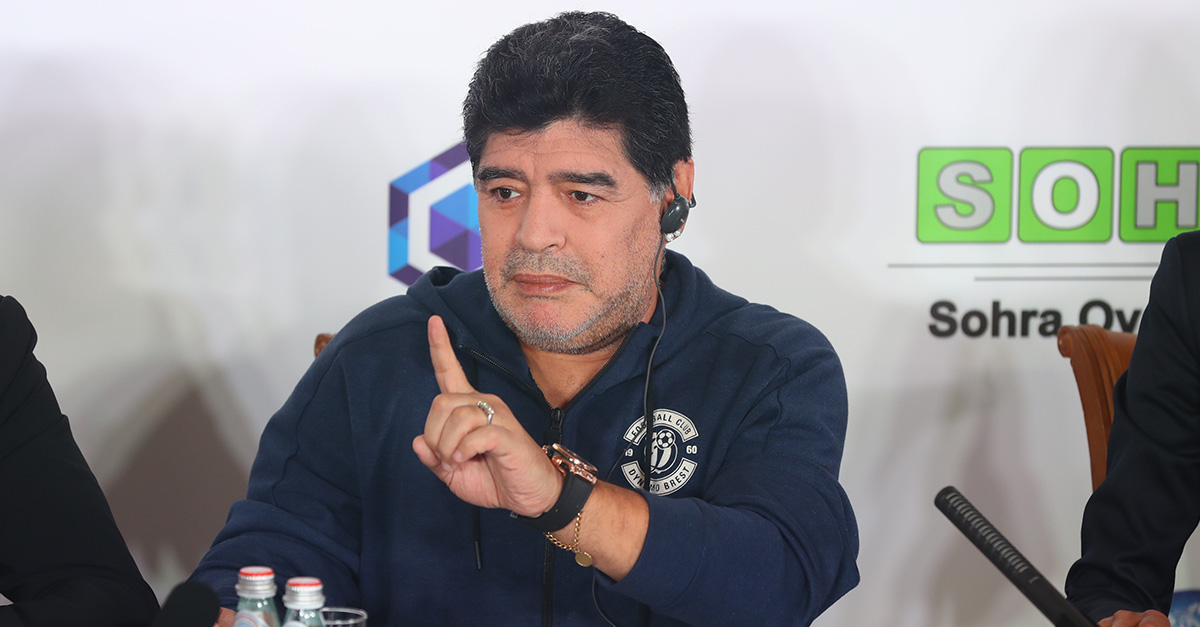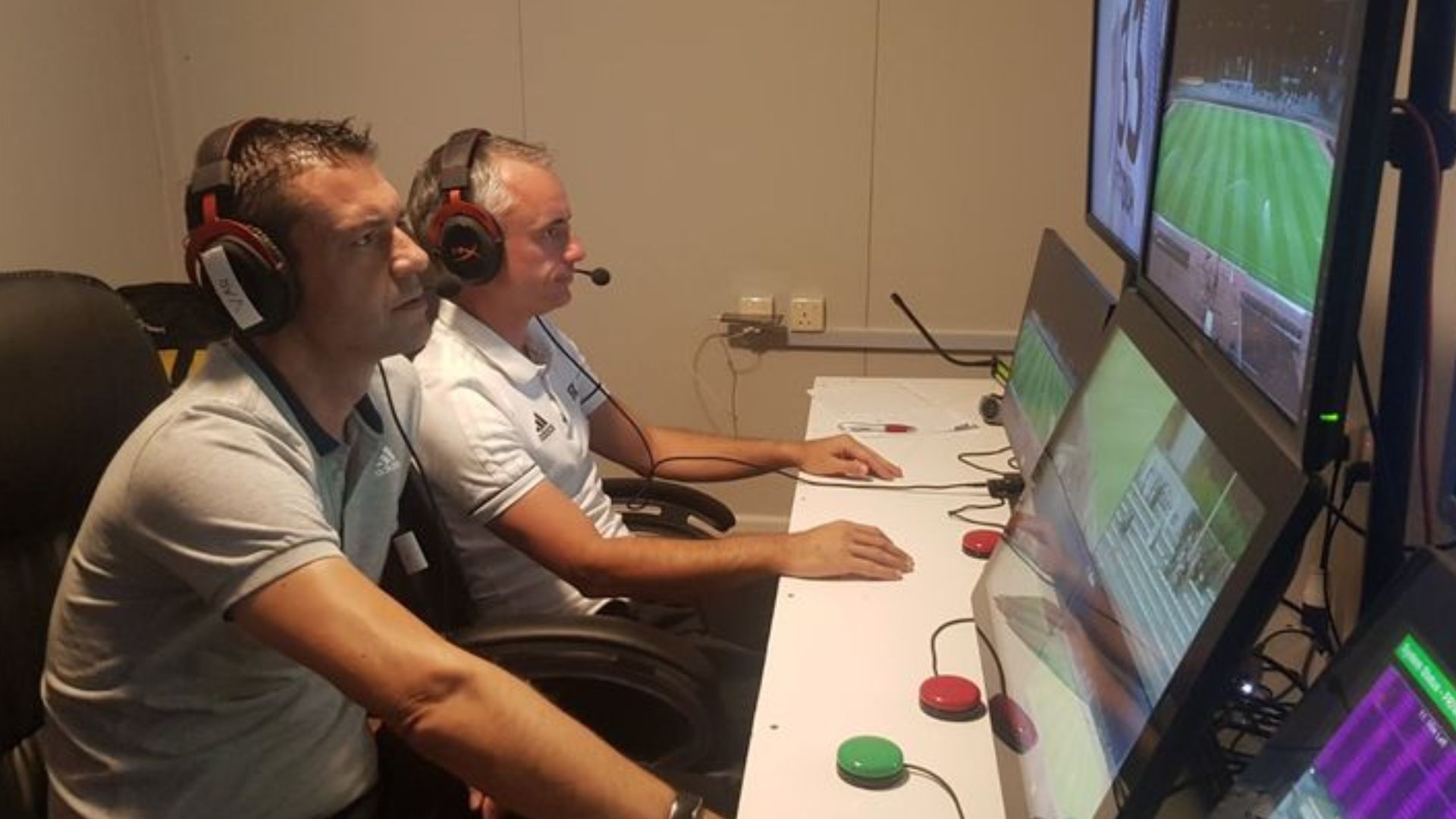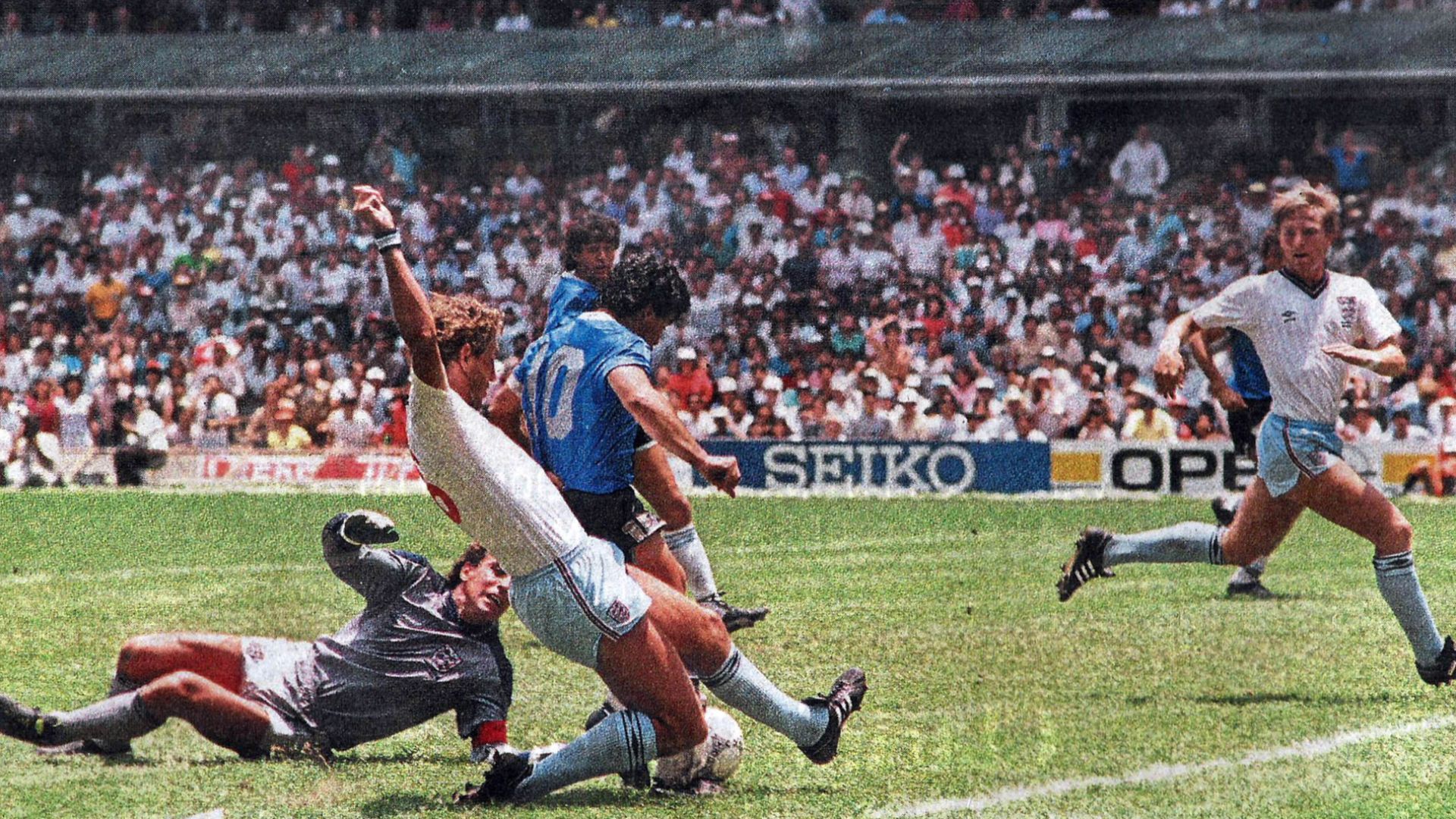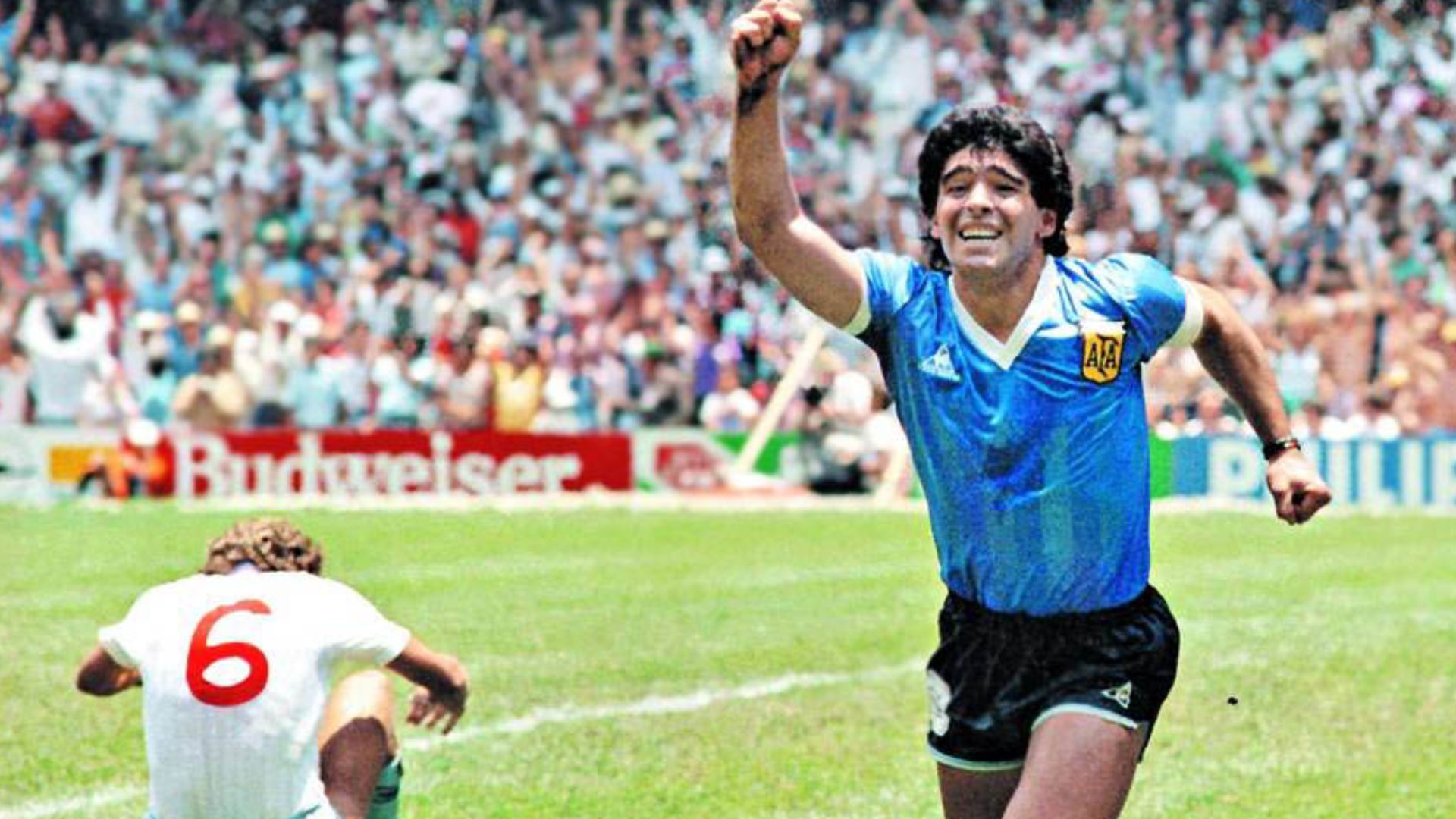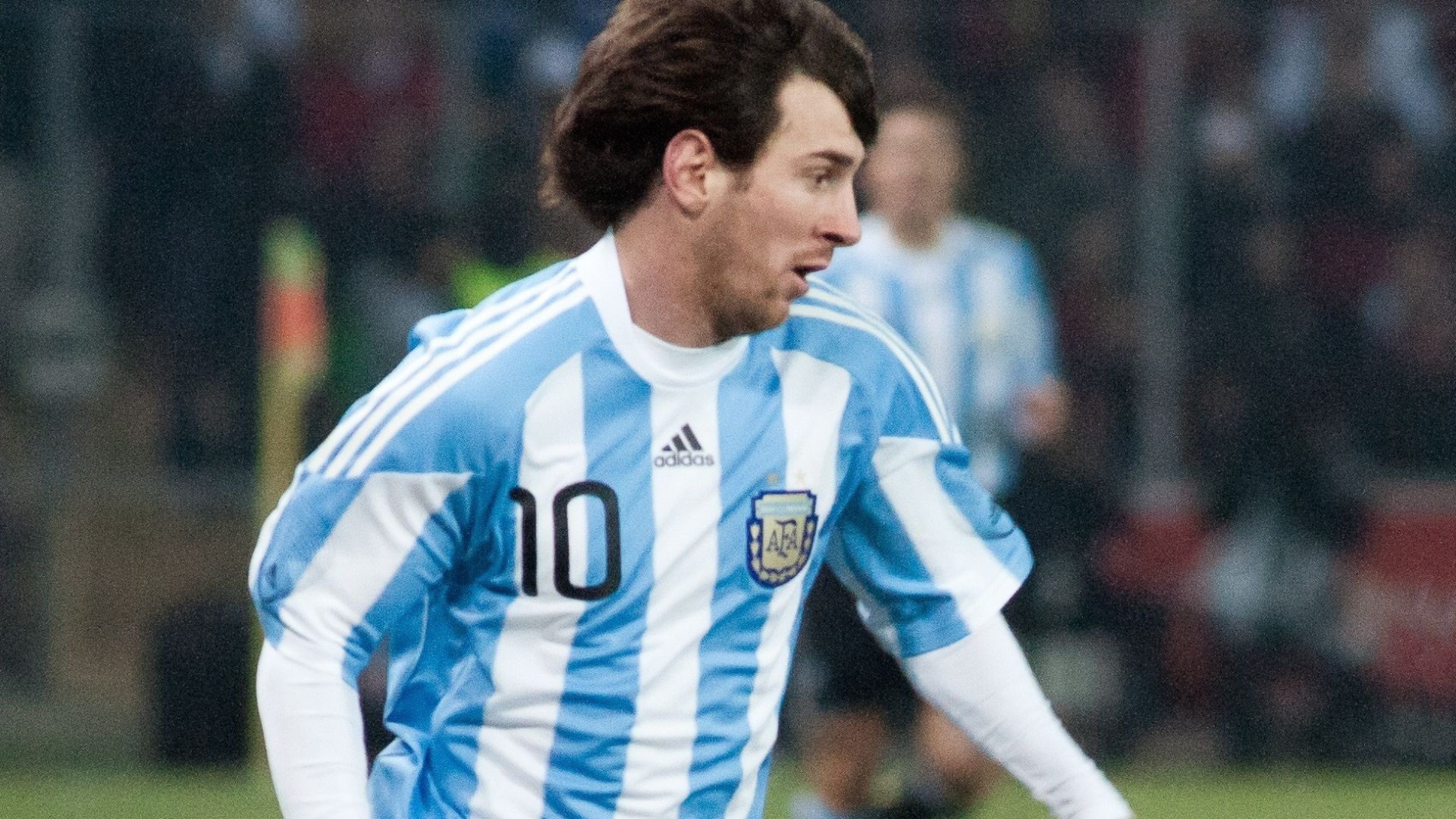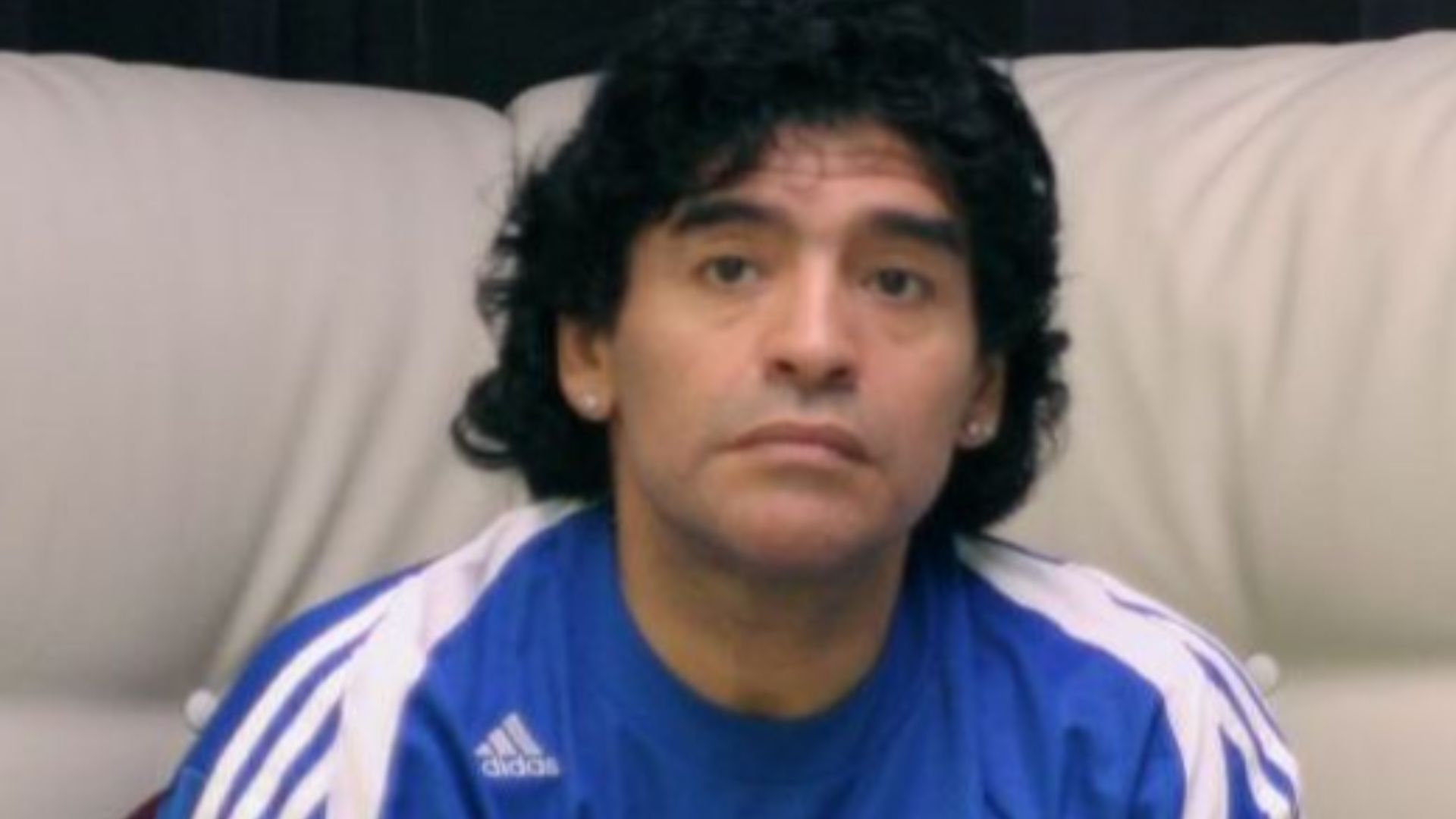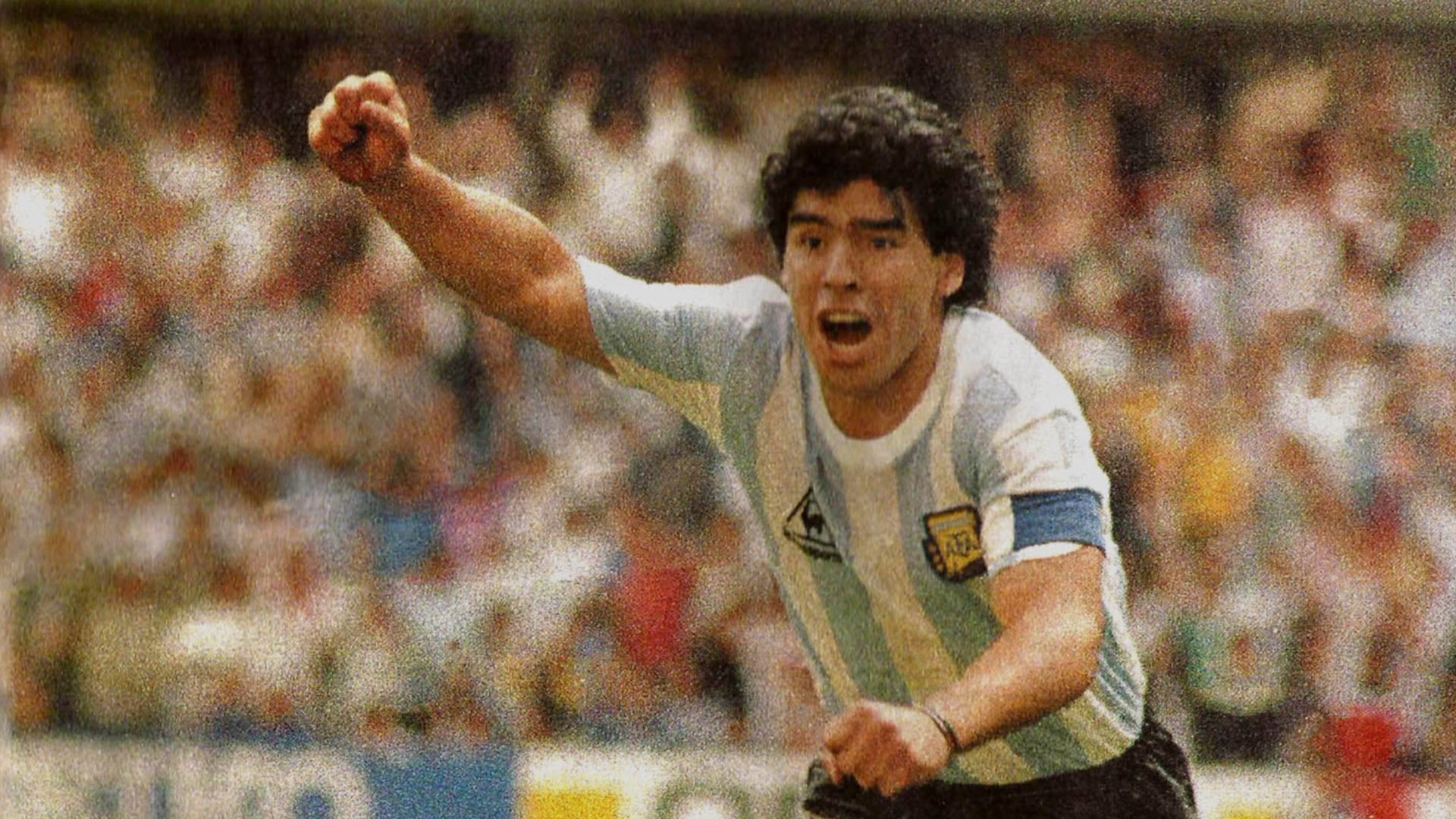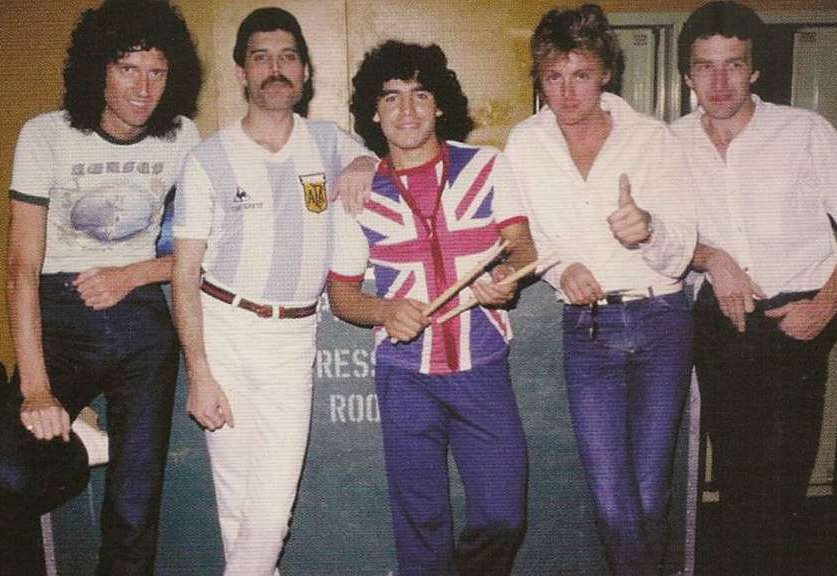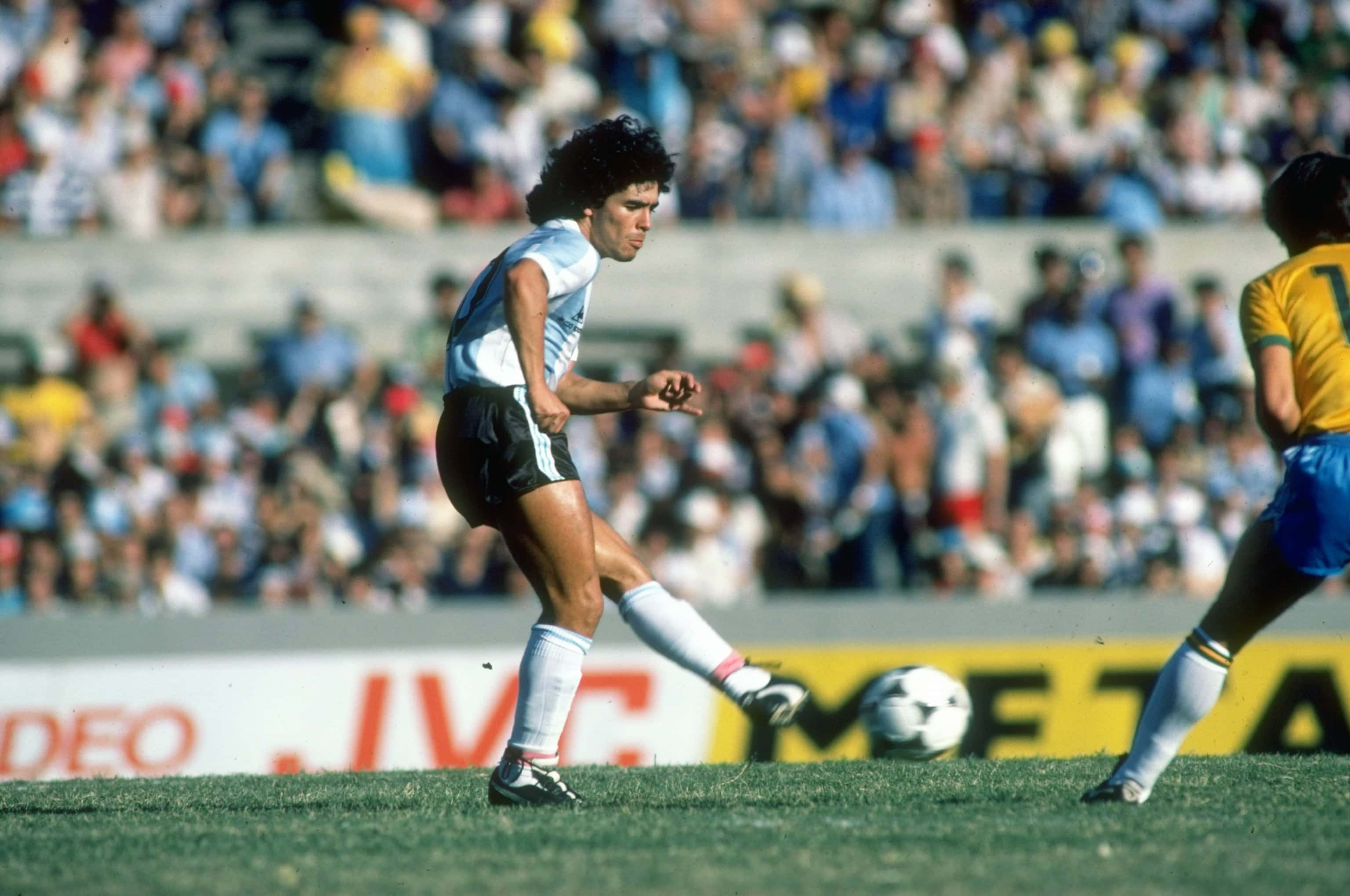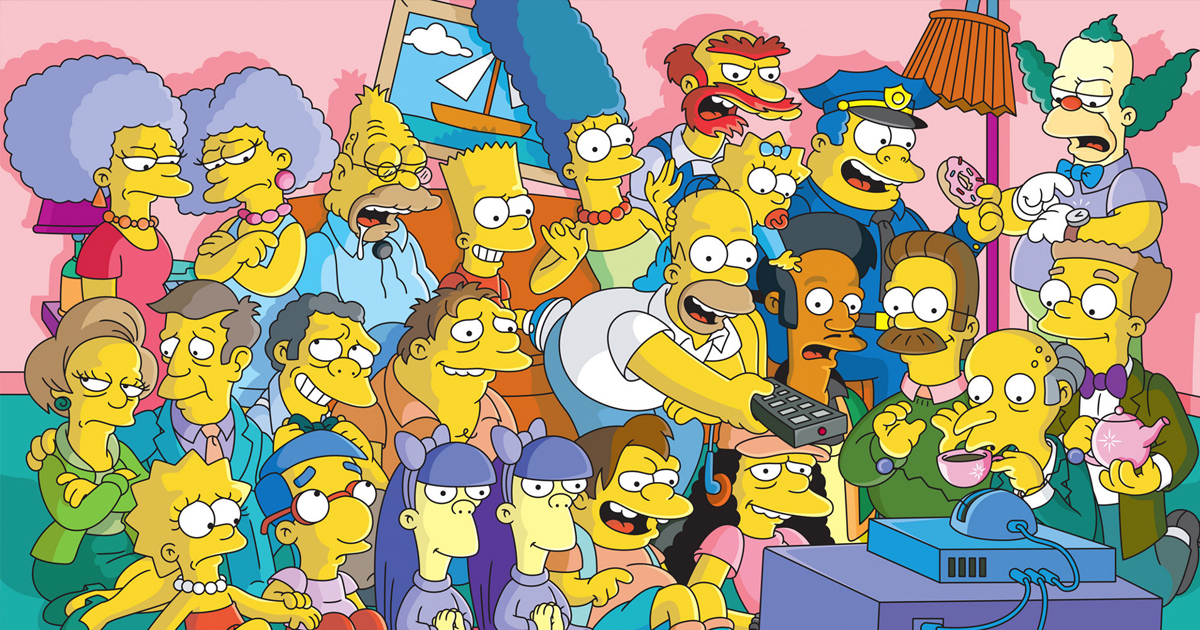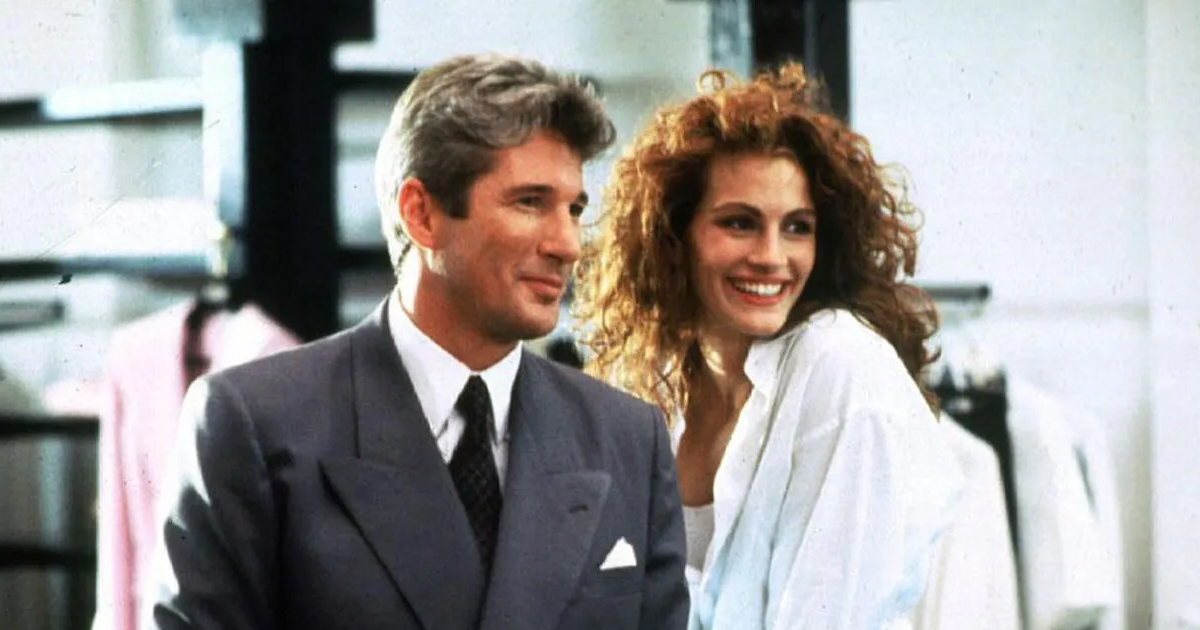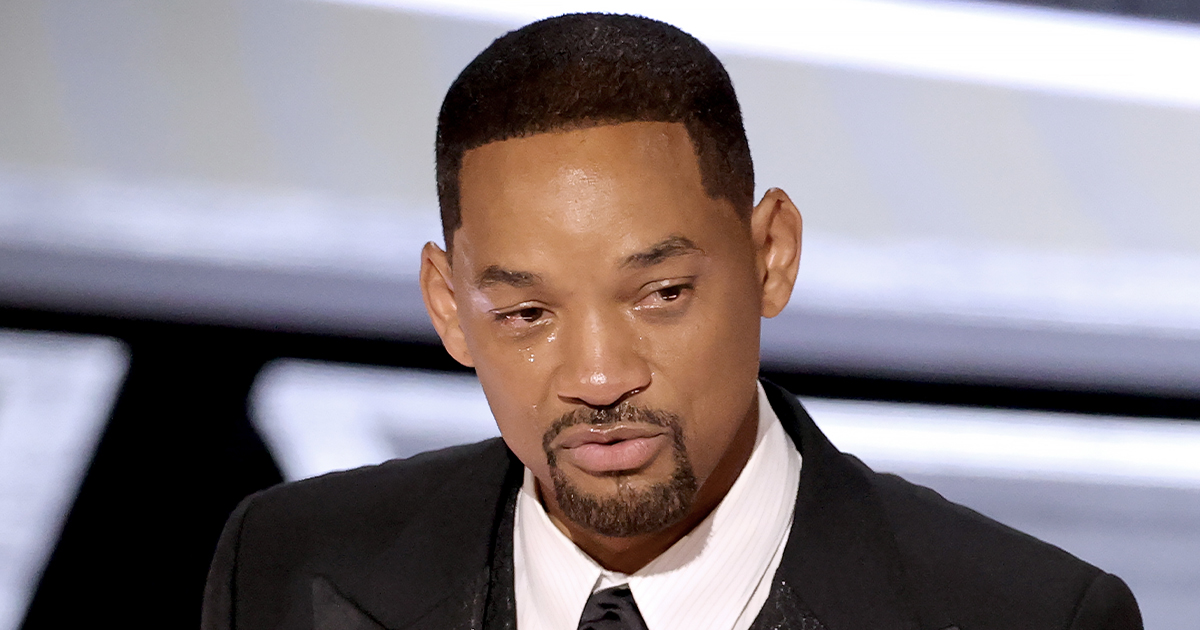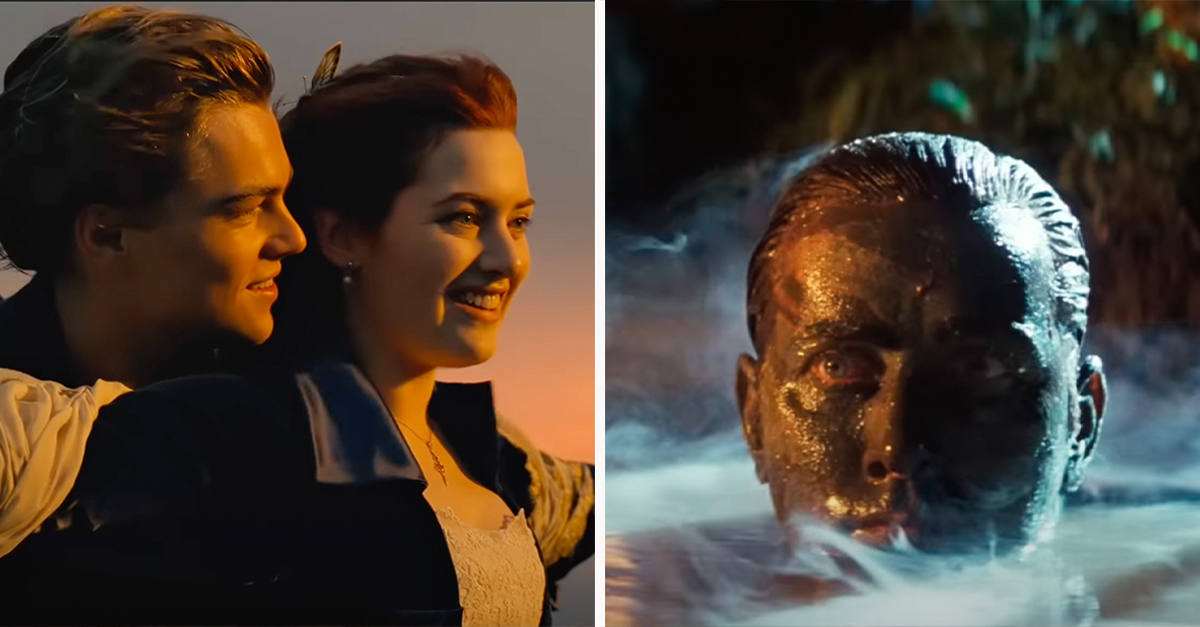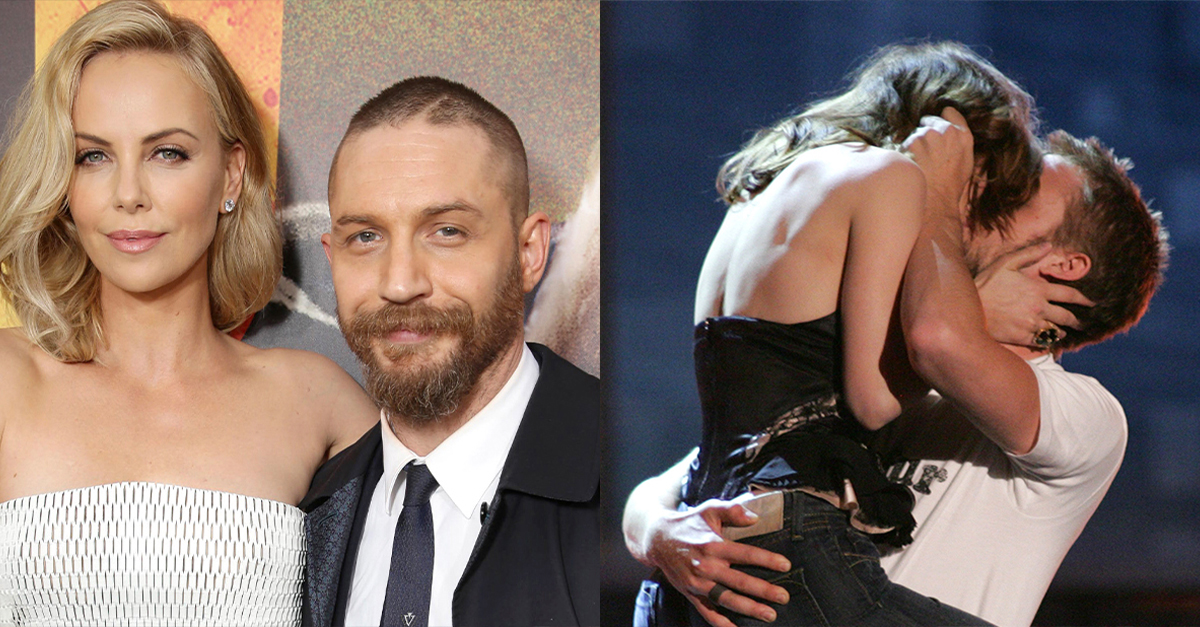A Soccer Icon Larger Than Life
Diego Armando Maradona wasn’t just a soccer player—he was a myth in cleats, a one-man explosion of skill, swagger, and street-born genius. For many fans around the world, he remains the most awe-inducing player ever to touch a ball. Long before his passing in 2020, Maradona had already ascended into the pantheon of global icons—part athlete, part folk hero, part walking headline.
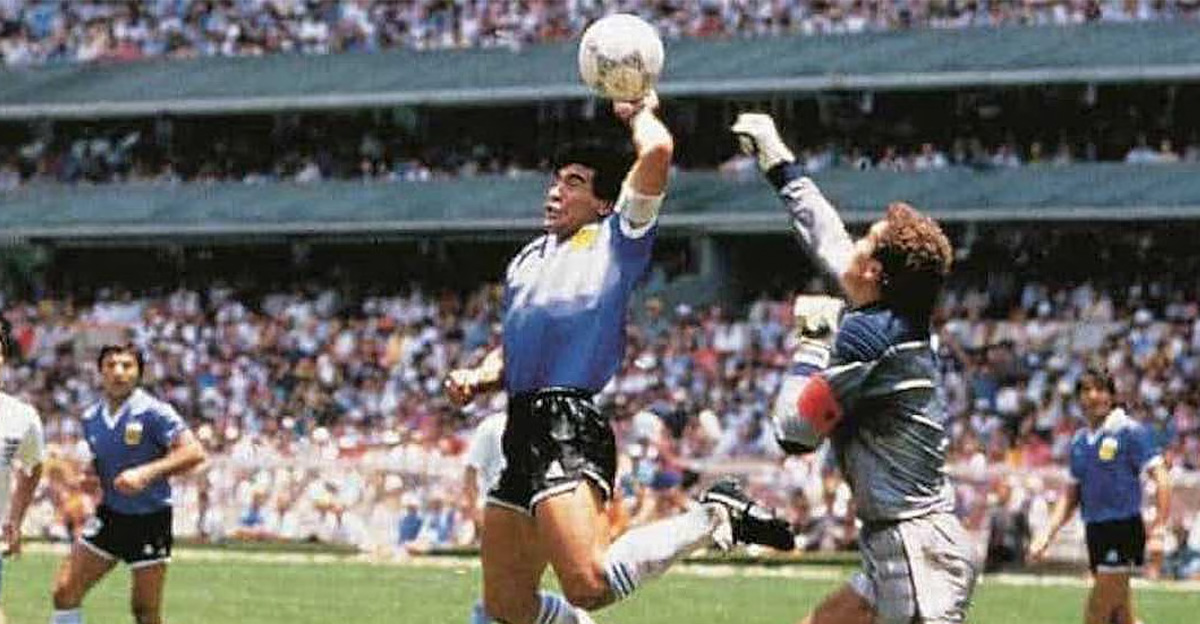
The World Cup Stage Was Built For Him
When Argentina arrived at the 1986 World Cup in Mexico, Maradona wasn’t simply the team captain. He was the country’s beating heart, a magician controlling every breath of the game. Argentina needed a talisman. They got a deity. And the man knew how to seize a moment when the world was watching.
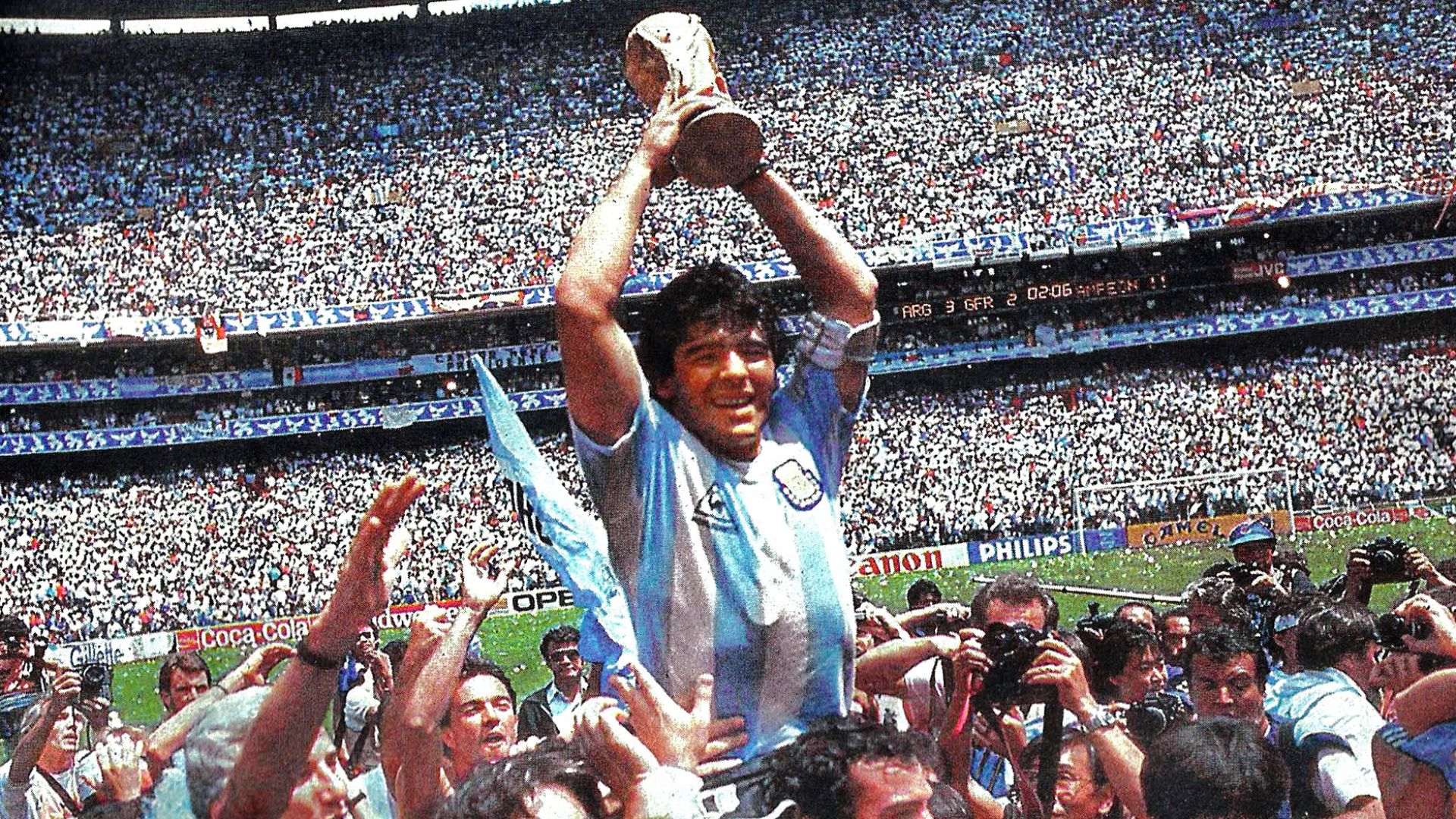 Carlo Fumagalli, Wikimedia Commons
Carlo Fumagalli, Wikimedia Commons
England vs. Argentina: A Match Dripping With History
Few matches come preloaded with tension like Argentina vs. England in 1986. The Falklands War had ended only four years earlier; emotions hadn’t cooled. For fans, it wasn’t just a quarter-final—it was a symbolic battleground. In this politically charged atmosphere, Maradona stepped onto the pitch ready to write a new chapter in history.
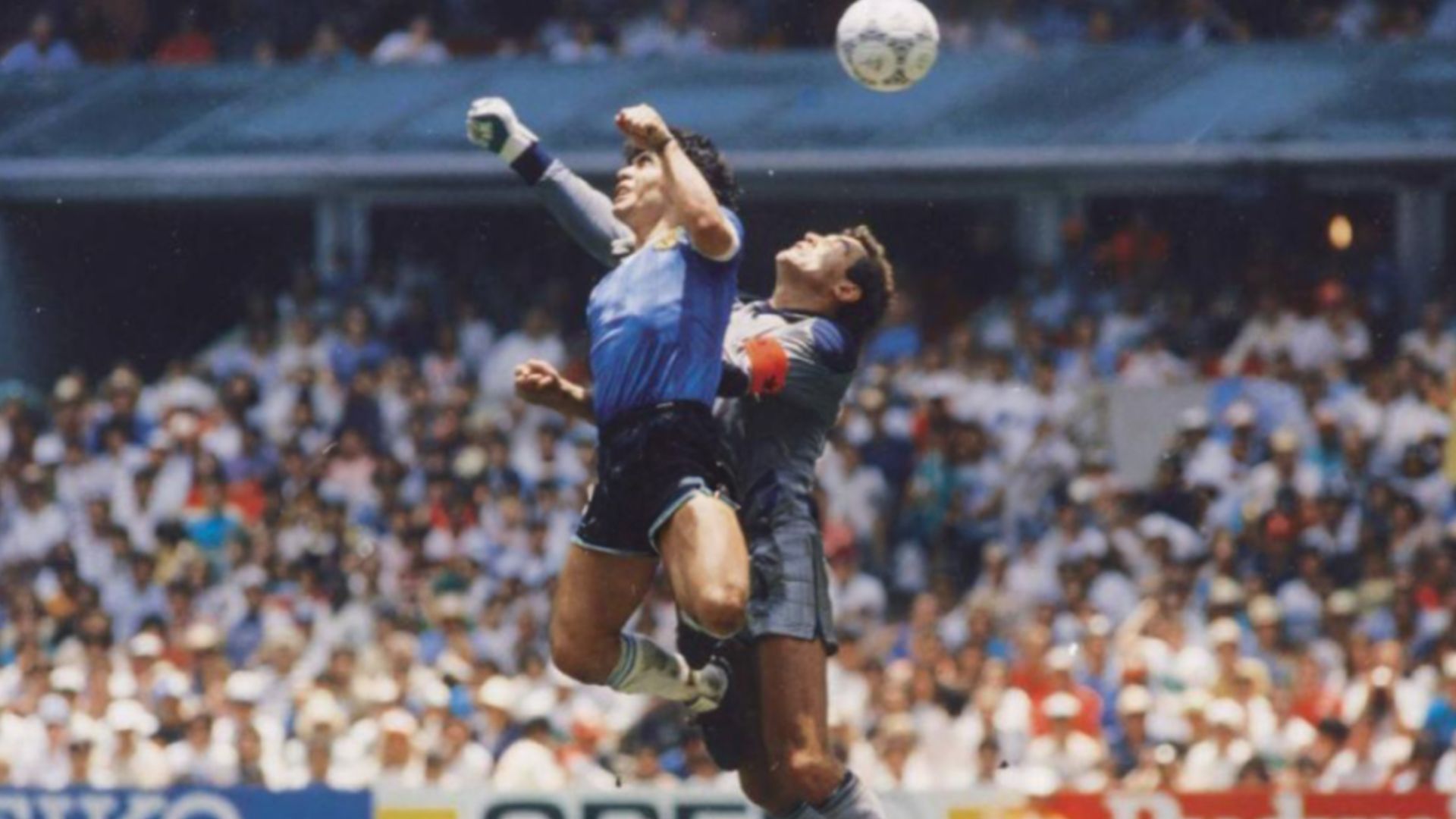 Unknown author, Wikimedia Commons
Unknown author, Wikimedia Commons
The Hand Of God: A Moment Frozen In Time
At minute 51, with the score still 0–0, Maradona leapt for a loose ball in the English box. Peter Shilton, England’s towering goalkeeper, surged forward with both hands raised high. Maradona had no chance—at least not by normal means. Instead, he punched the ball with his left fist, subtle enough to fool the referee in real time. The ball floated past Shilton, bounced once, and rolled into the net. Stadium erupts. England protests. Referee counts it. Just like that, the most infamous goal in soccer history was born.
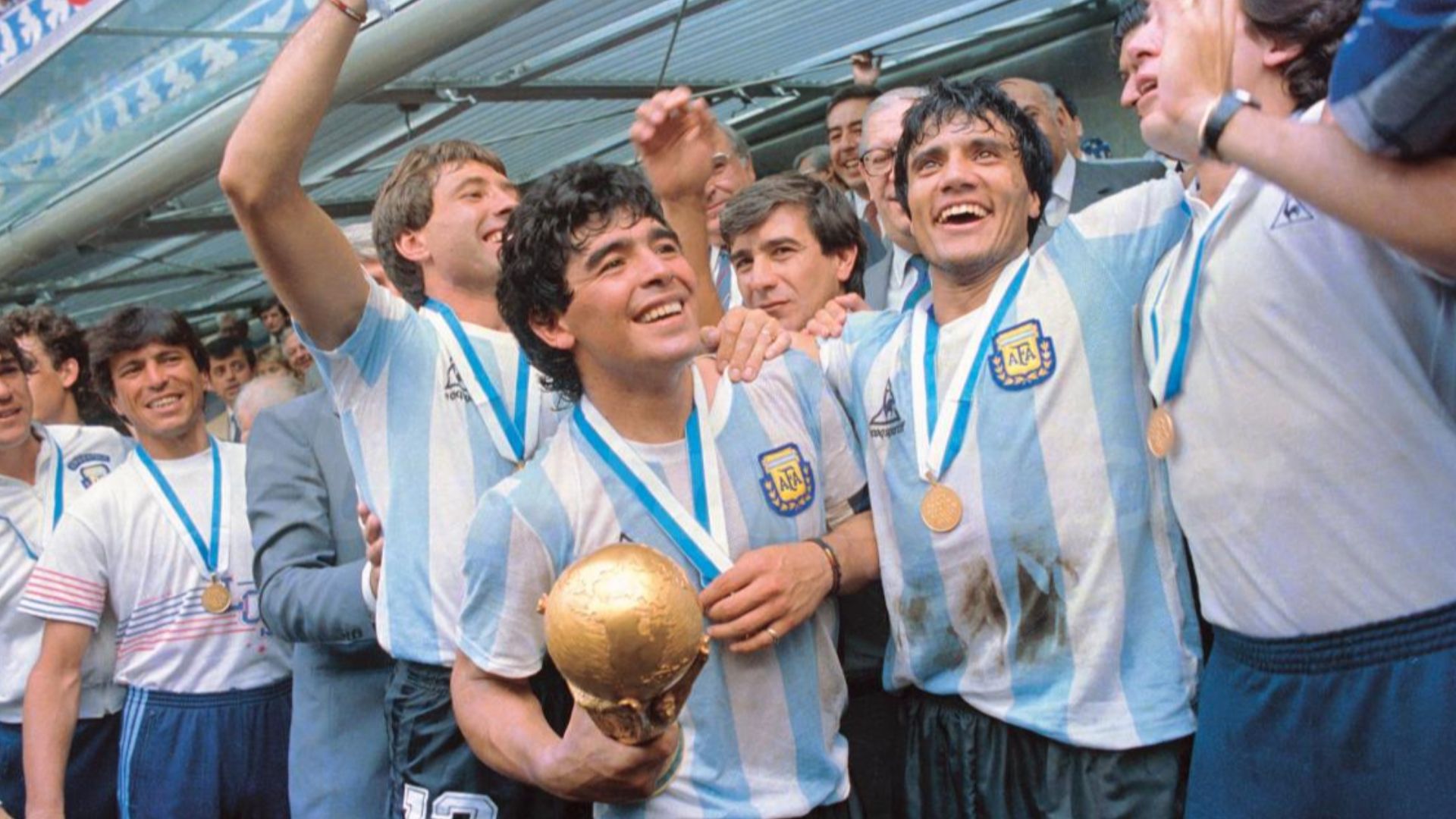 Unknown author, Wikimedia Commons
Unknown author, Wikimedia Commons
Why He Did It: Survival, Instinct, And Street Soccer Ingenuity
Maradona later explained the moment with perfect honesty disguised as poetry: he said it was scored “a little with the head of Maradona and a little with the Hand of God.” It was instinct, he insisted—an improvised move learned on the streets of Villa Fiorito, where survival and creativity were the same thing. To him, this was the game’s raw essence: the clever beating the powerful.
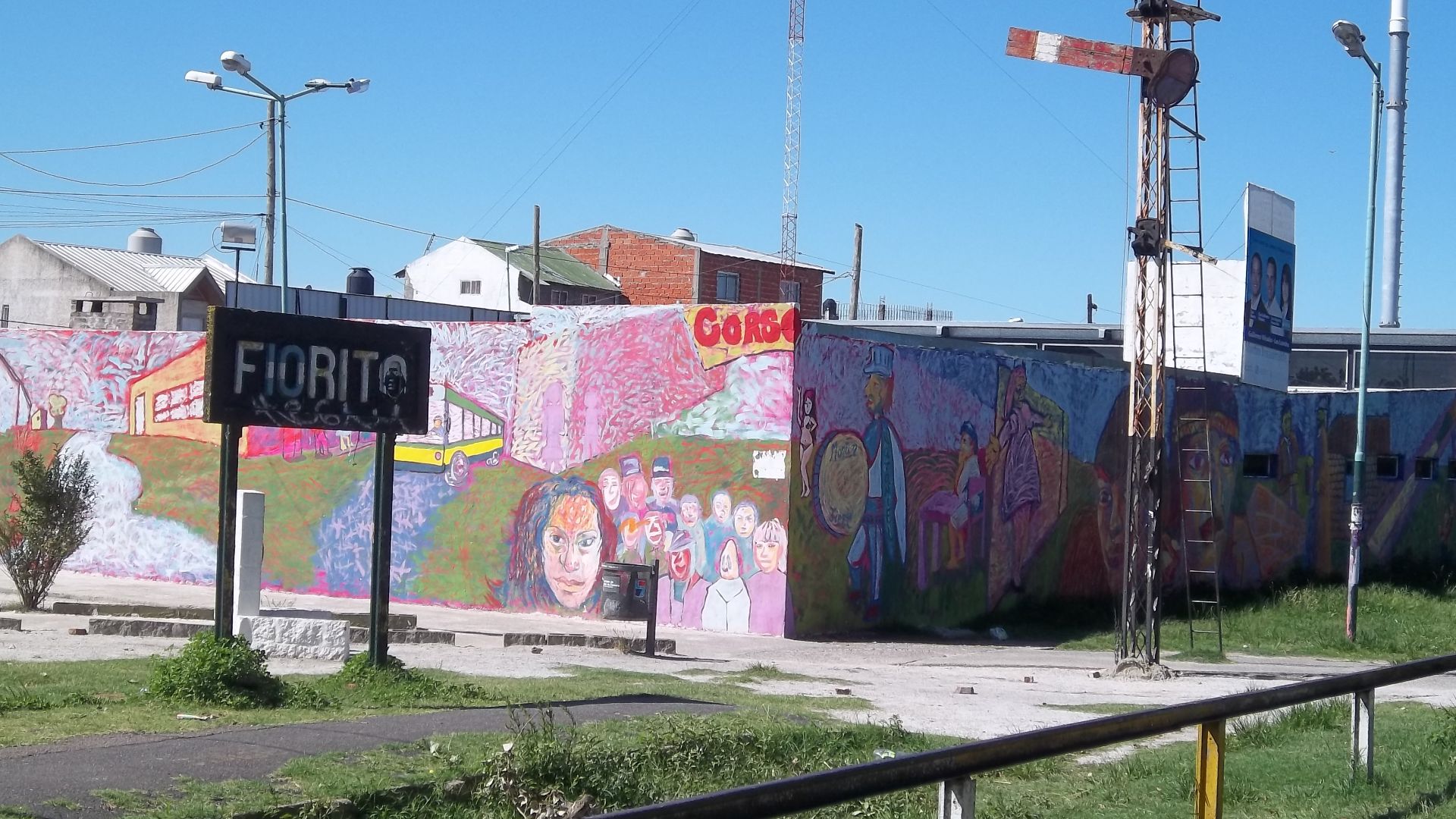 Dario Alpern, Wikimedia Commons
Dario Alpern, Wikimedia Commons
Replay Technology Didn’t Exist—Controversy Did
In 1986, there was no VAR, no instant corrections. The referees missed the handball, and that was that. British tabloids fumed; Argentine newspapers exploded with joy. The rivalry grew hotter. The moment became a global talking point overnight. But very few knew it would only be the first legendary goal Maradona scored that match.
Four Minutes Later, He Did The Impossible
The Hand of God was only half the story. Four minutes after that controversial punch, Maradona produced what many still call the greatest goal ever scored in a World Cup. He picked up the ball near midfield, swerved past five English defenders, rounded the keeper, and tapped it in with the calm of a man tying his shoes. This wasn’t just a redemption goal—it was a masterpiece.
From Villain To Artist In Under Five Minutes
Together, the two goals form a dual portrait of Maradona: the trickster and the genius, the outlaw and the artist. It’s the combination that made him so adored by some and hated by others. But even his critics had to admit: when Maradona decided a game was his, he took it.
He Never Apologized—And That Was The Point
Through the years, reporters asked him if he regretted the Hand of God. Every time, Maradona refused to apologize. Why would he? In his eyes, the goal symbolized sly intelligence prevailing over brute strength. To Argentina, it became a mythic moment of collective catharsis. To Maradona, it was destiny—sport as high drama, and he the protagonist.
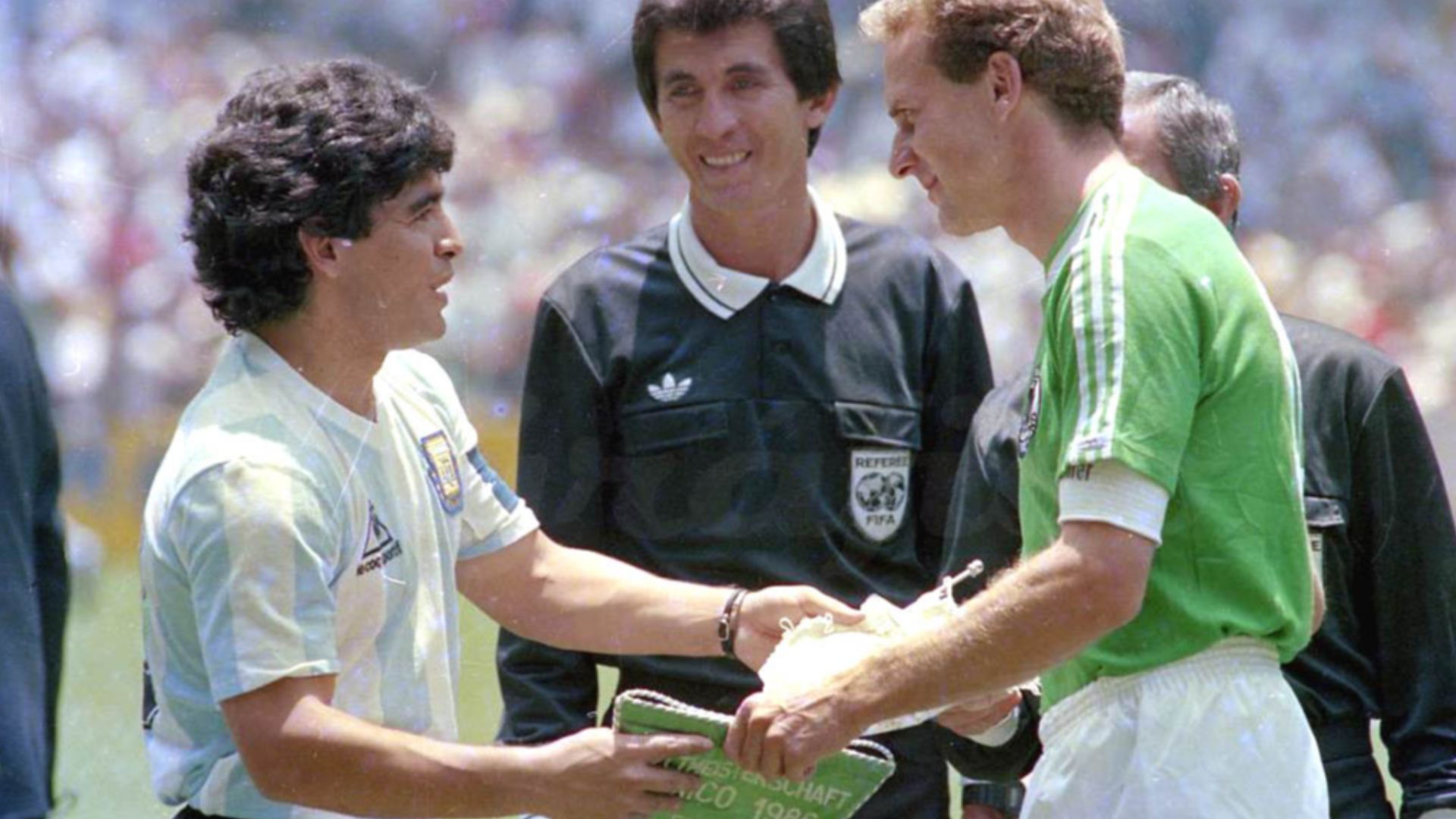 Unknown author, Wikimedia Commons
Unknown author, Wikimedia Commons
Argentina Won The 1986 World Cup, And Maradona Became Immortal
Maradona didn’t just help Argentina win the tournament—he dragged them there. His performance remains one of the most dominant individual campaigns in World Cup history. He was the conductor, the engine, the alchemist transforming nothing into magic. By the time he lifted the trophy, he was no longer just a player. He was a force of nature.
 Unknown author, Wikimedia Commons
Unknown author, Wikimedia Commons
A Hero To Buenos Aires, A God To Naples
After the World Cup, Maradona’s club career soared with Napoli, where he led the southern Italian underdogs to glory in Serie A. To Neapolitans, he wasn’t a foreign star. He was a savior who brought them pride, championships, and swagger. Murals appeared everywhere. Babies were named Diego. He belonged to the city, and the city belonged to him.
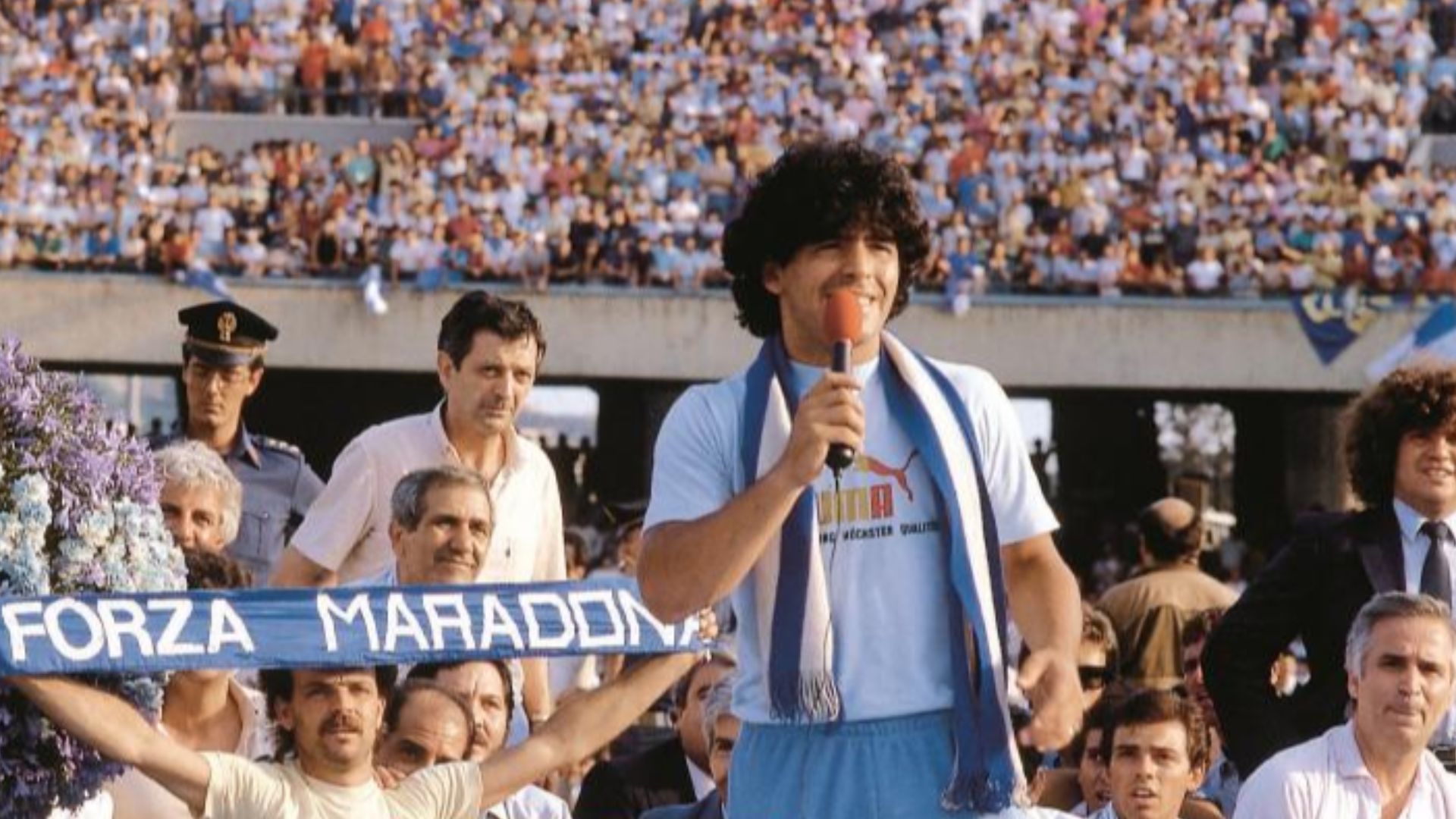 Unknown author, Wikimedia Commons
Unknown author, Wikimedia Commons
Controversy Followed Him, But So Did Devotion
Maradona’s life outside the pitch was wild—rife with addiction, excess, political disputes, and tabloid storms. Yet his fans never left him. They saw him as human and flawed, a prodigy wrestling with the weight of global superstardom. His imperfections didn’t erase his brilliance; they made him relatable.
 Unknown author, Wikimedia Commons
Unknown author, Wikimedia Commons
His Influence On Future Generations Was Enormous
Every great footballer that followed—Messi, Ronaldo, Neymar, Mbappé—grew up watching Maradona create magic. His dribbling style, low center of gravity, and explosive acceleration became a template for greatness. Coaches analyzed his every touch. Kids on playgrounds mimicked his moves.
His impact wasn’t just on Argentina—it was worldwide.
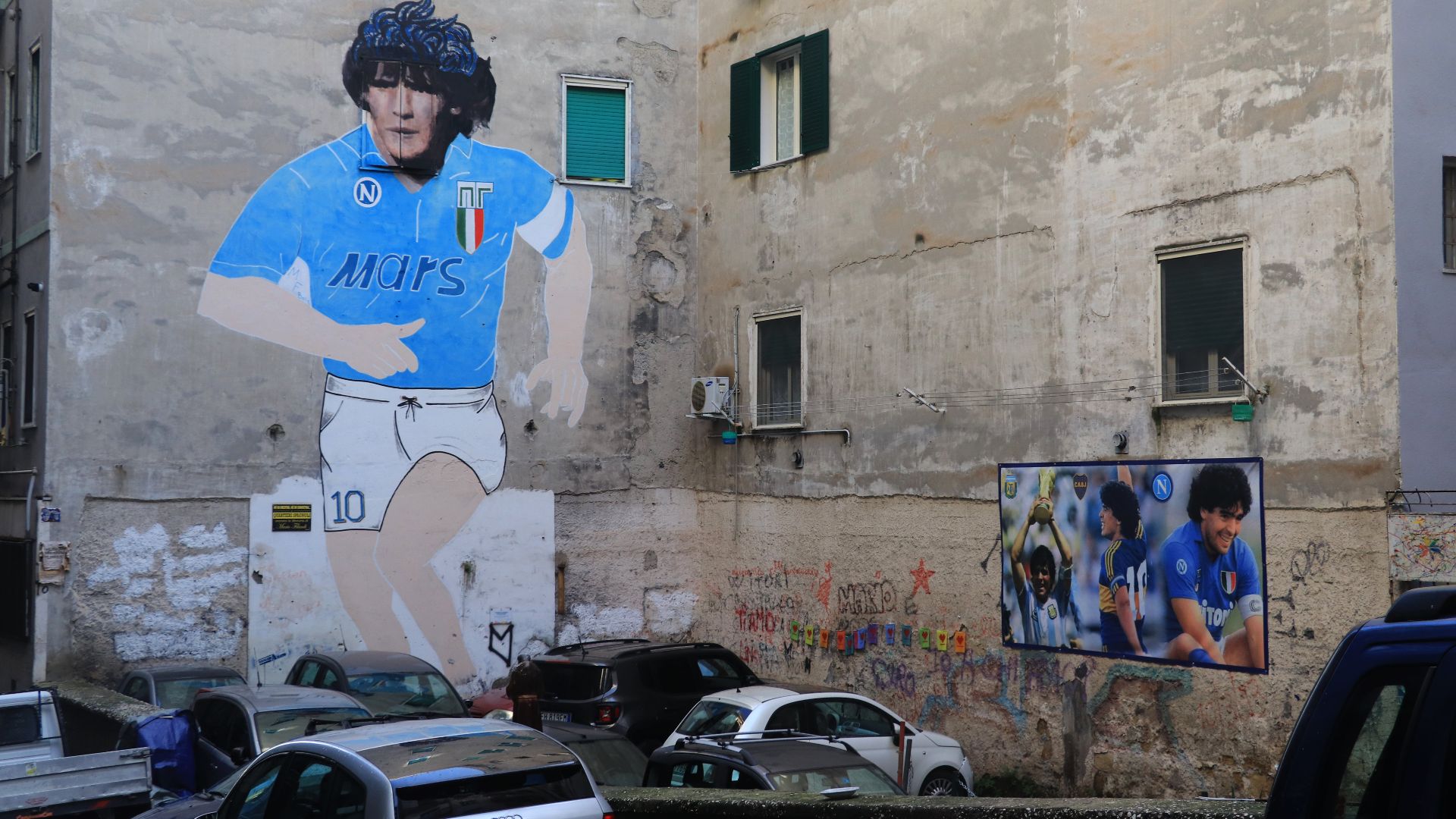 Céréales Killer, Wikimedia Commons
Céréales Killer, Wikimedia Commons
Maradona And Messi: The Eternal Comparison
Argentines adore Lionel Messi, but they worship Maradona. The comparison is inevitable. Messi is elegance, discipline, and perfection. Maradona was chaos, rebellion, and raw genius. Yet both are national treasures, and in 2022—two years after Maradona’s death—Messi lifted the World Cup, a moment many fans saw as a tribute to Diego.
The Hand Of God Became A National Identity Landmark
For Argentina, the Hand of God isn’t just a soccer goal—it’s a cultural symbol. It represents resilience, cleverness, and the triumph of the underdog. Memes, murals, documentaries, reenactments—you can find the moment everywhere. It’s woven into Argentina’s self-image as a scrappy, passionate nation that fights with heart.
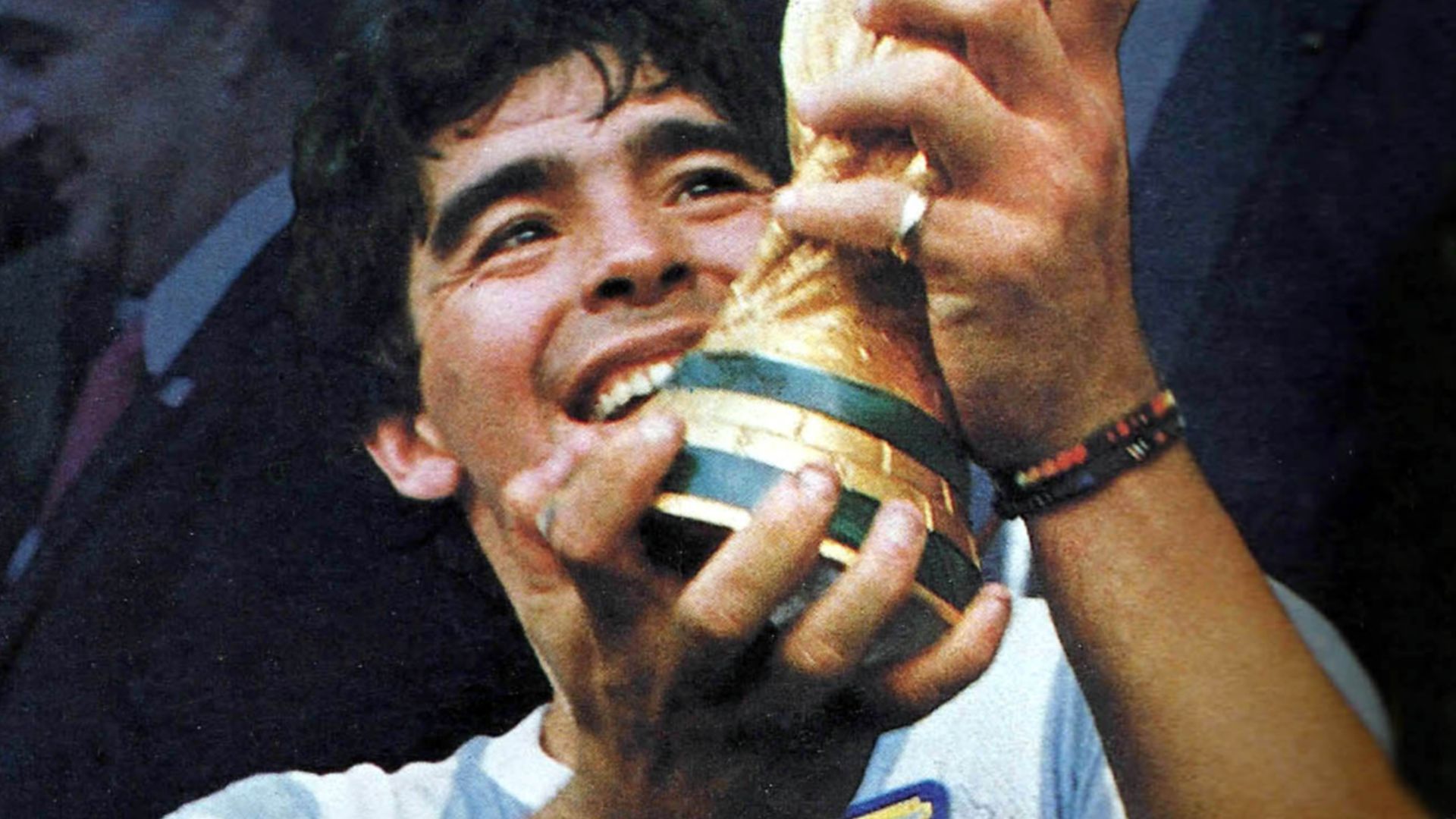 Unknown author, Wikimedia Commons
Unknown author, Wikimedia Commons
Maradona’s Relationship With Fame Was Complicated
Despite being adored, Maradona battled with fame constantly. The spotlight felt both empowering and suffocating. He struggled with addiction, health issues, and media pressure. Yet through it all, he kept returning to the field, to the fans, to the identity he had built from childhood—Dieguito, the boy with the ball.
He Became A Cultural Revolutionary
Maradona was more than a player; he was political, fiery, and unfiltered. He criticized FIFA, spoke out against inequality, and embraced leaders he admired—often stirring backlash. Love him or hate him, he was unafraid to speak his mind. That defiant attitude was part of his legend.
Father, Friend, Fighter: The Man Behind The Myth
Though larger than life, Maradona was also a family man who adored his daughters and doted on his grandchildren. Friends described him as warm, hilarious, and intensely loyal. He wasn’t perfect—far from it—but he was real. And those who loved him, loved all of him.
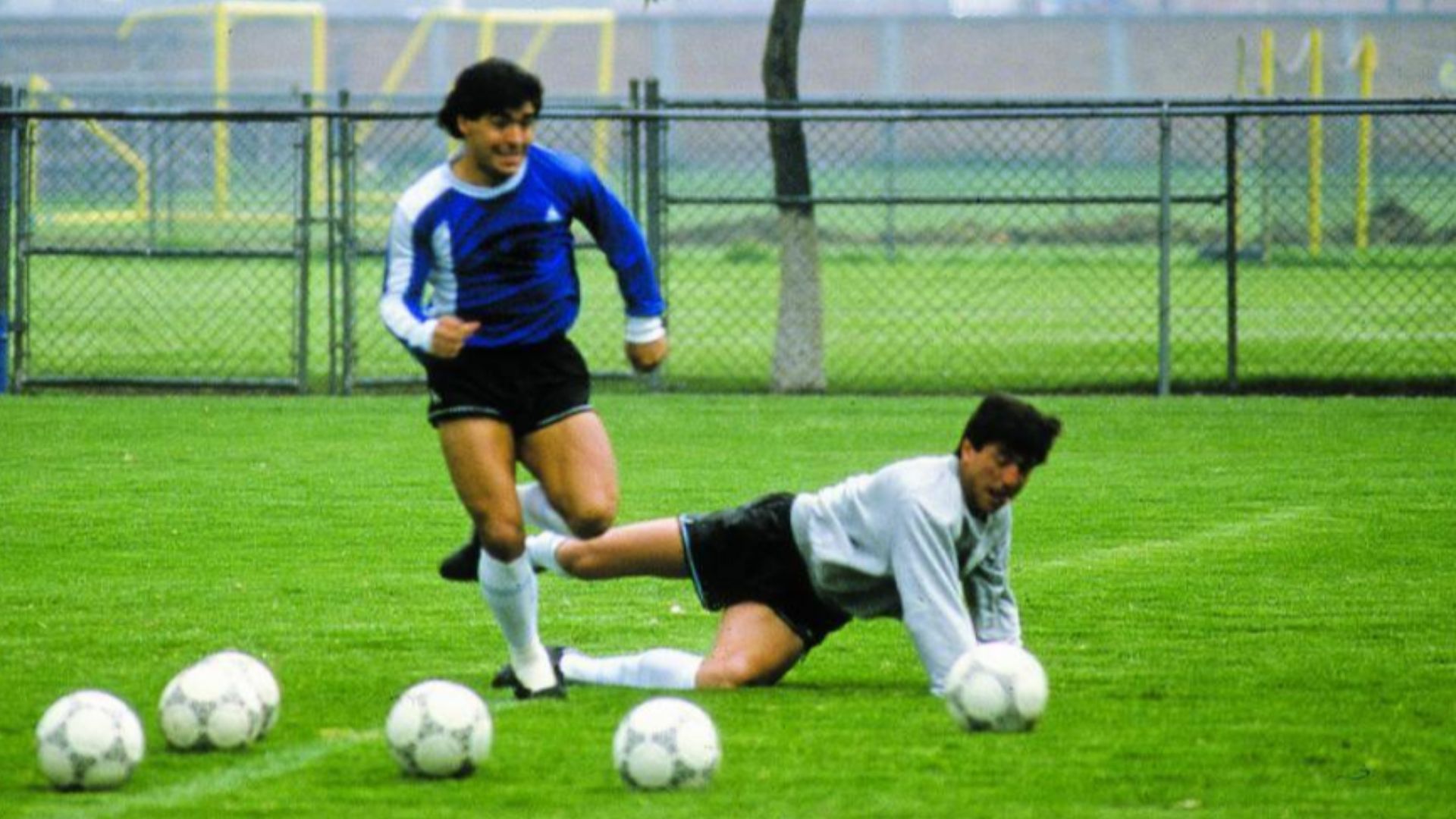 Unknown author, Wikimedia Commons
Unknown author, Wikimedia Commons
Health Problems Threatened His Later Years
Years of substance abuse and physical stress caught up to him. He underwent surgeries, battled heart issues, and struggled with mobility. Yet even in frailty, he remained a global figure. Fans sent letters, prayed at shrines, and eagerly awaited every public appearance.
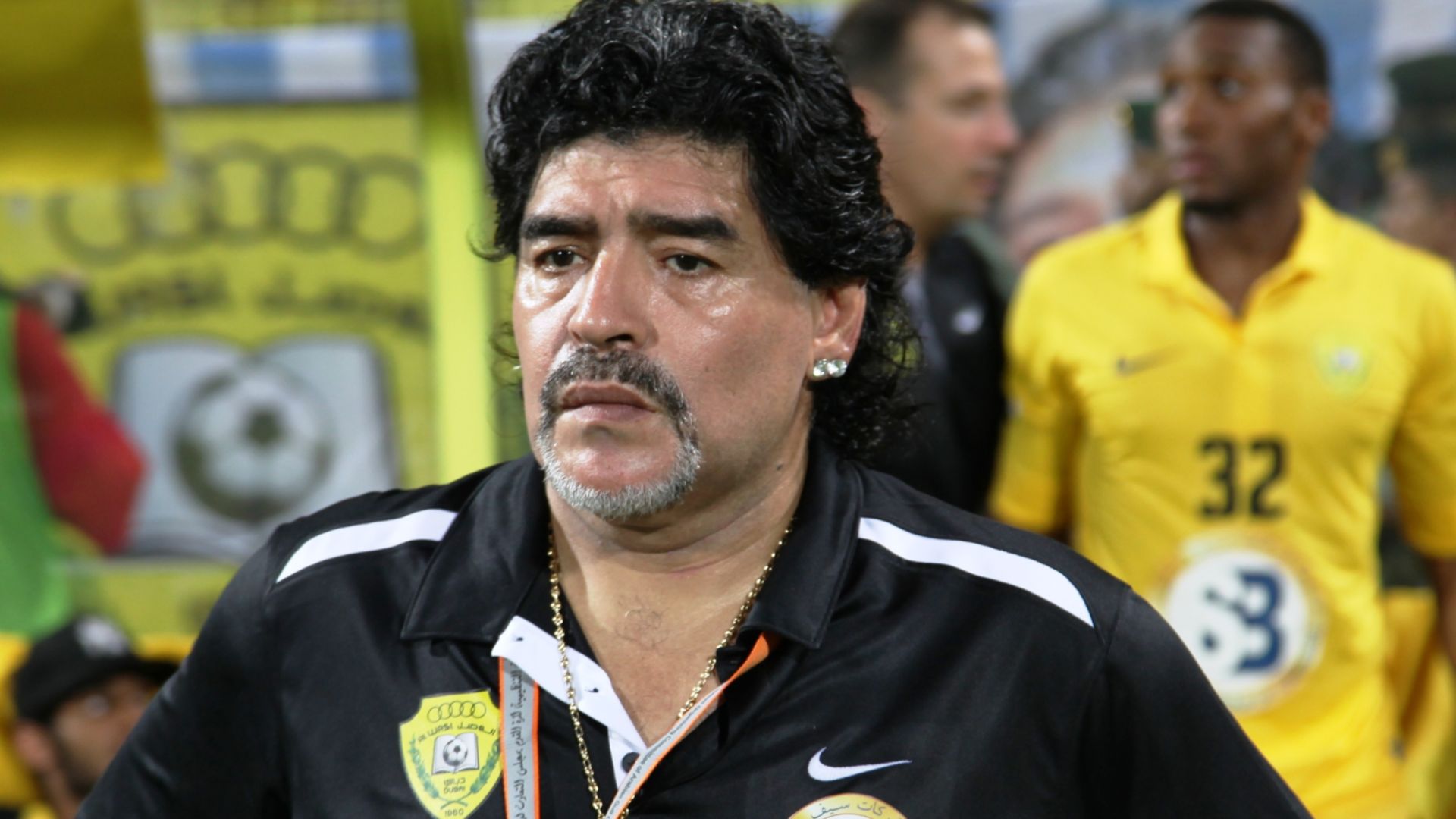 Neogeolegend, Wikimedia Commons
Neogeolegend, Wikimedia Commons
Coaching Kept Him Close To The Game
Maradona transitioned into coaching later in life, leading teams in Argentina, Mexico, and the Middle East. On the sidelines, he was pure emotion—jumping, shouting, hugging players like an enthusiastic uncle. His presence boosted ticket sales and morale. Even when results were mixed, his charisma made every match an event.
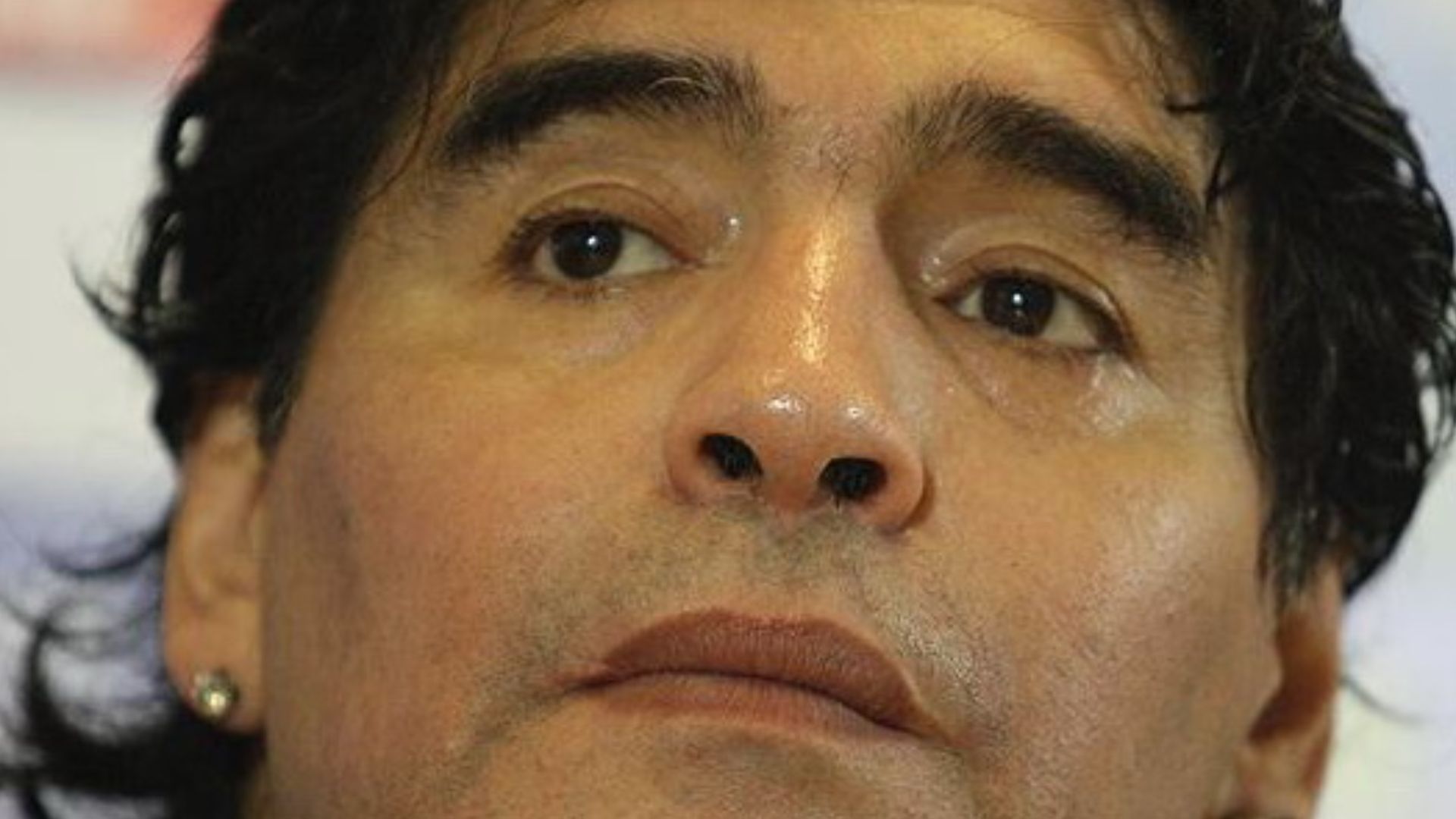 Alexandr Mysyakin, Wikimedia Commons
Alexandr Mysyakin, Wikimedia Commons
He Lived As Only Maradona Could
Some celebrities age quietly. Maradona aged like a supernova—bright, unpredictable, unforgettable. His life remained a whirlwind until the very end. But through every setback, he never lost the childlike joy that football first gave him.
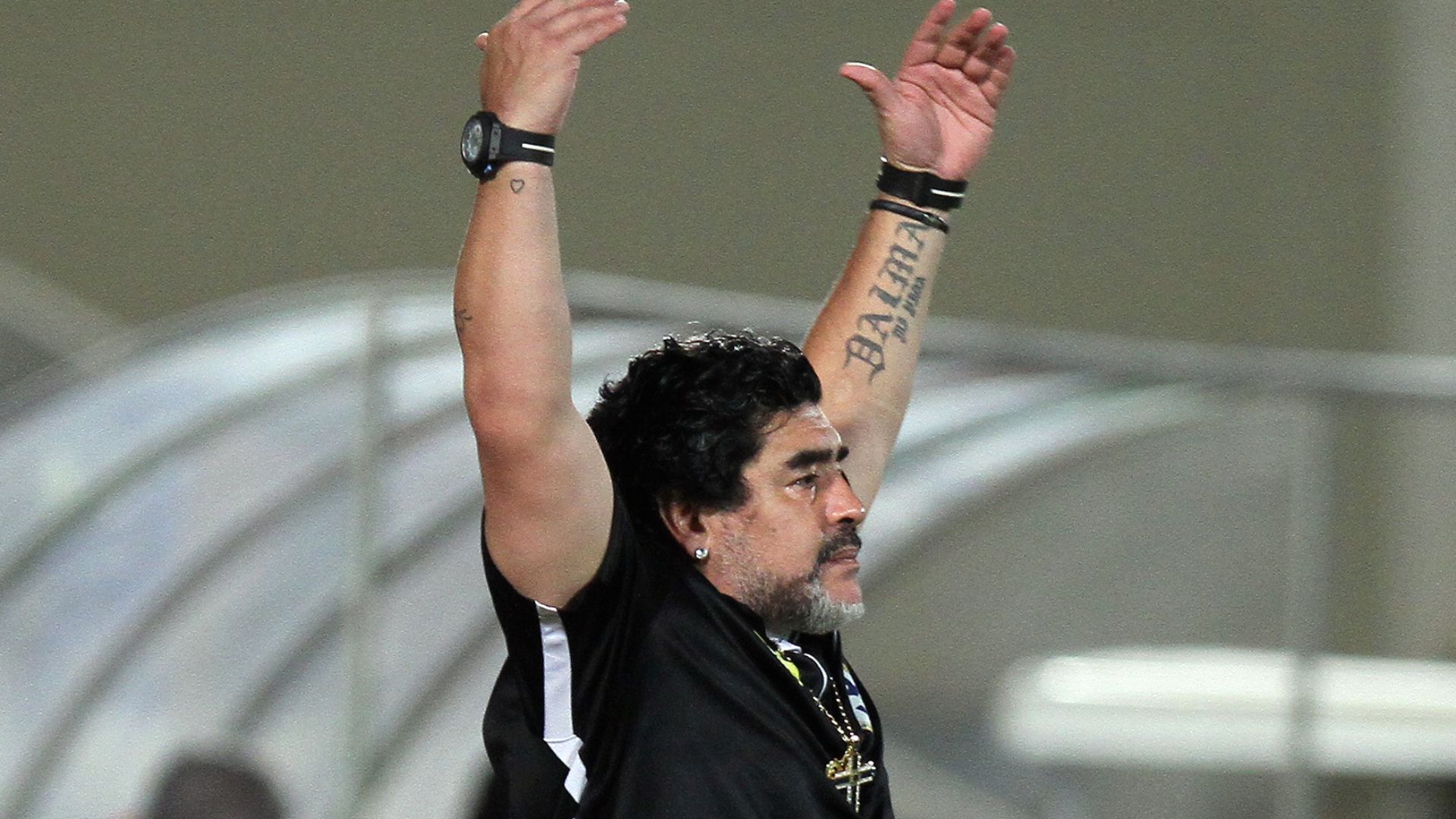 Doha Stadium Plus Qatar, Wikimedia Commons
Doha Stadium Plus Qatar, Wikimedia Commons
His Death In 2020 Shocked The World
On November 25, 2020, Maradona died of cardiac arrest at age 60. The news hit Argentina like an earthquake. Streets filled with mourners. Crowds gathered outside the presidential palace. Across Naples, church bells rang. Murals became pilgrimage sites. The world hadn’t just lost an athlete—it had lost a legend.
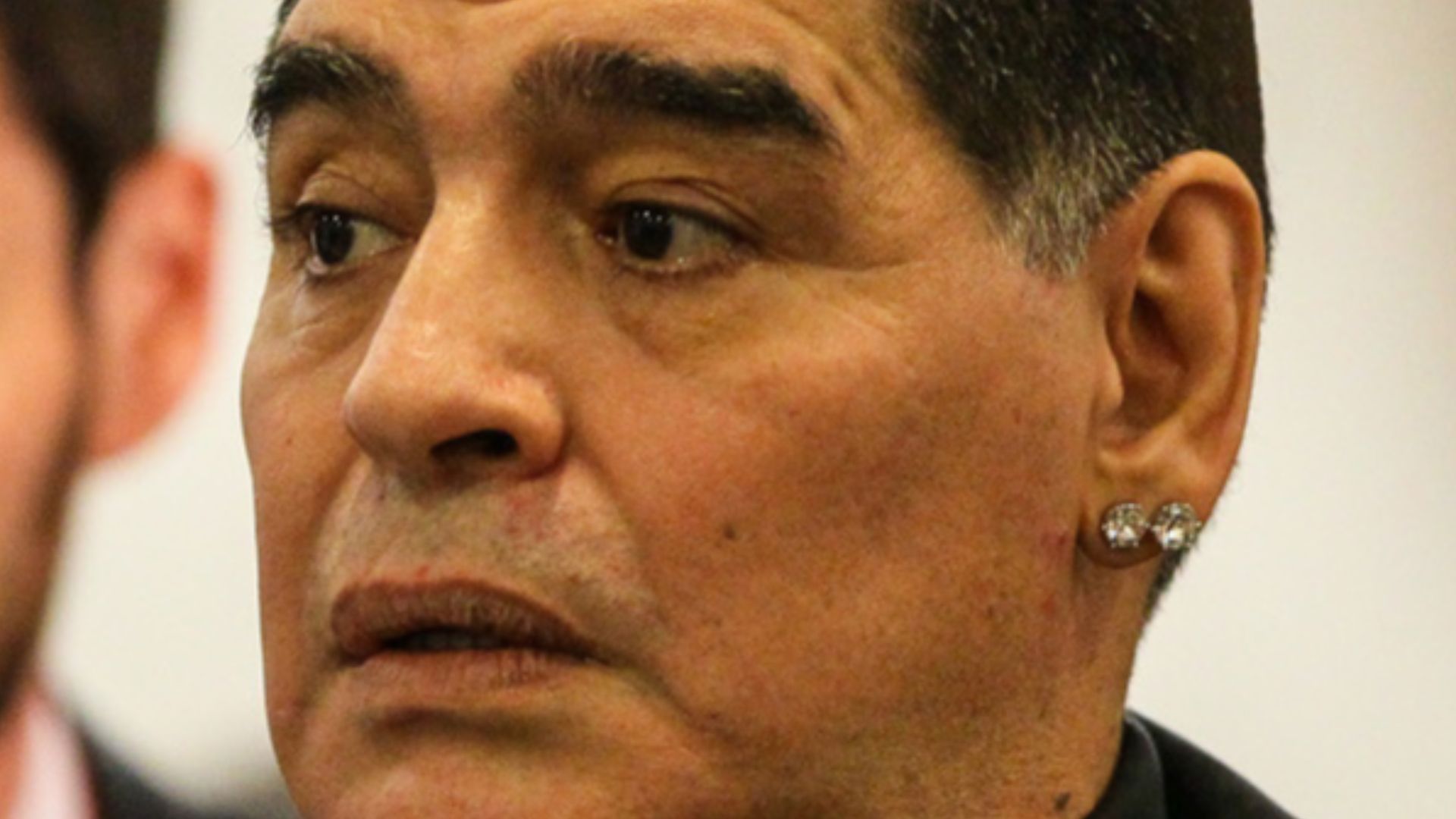 Dmitry Sadovnikov, Wikimedia Commons
Dmitry Sadovnikov, Wikimedia Commons
A National Mourning Like No Other
Argentina declared three days of national mourning. His coffin was draped in the Argentine flag. Thousands lined up to pay respects, some crying so hard they could barely walk forward. The grief was raw and public. This wasn’t just a farewell. It was the closing of a chapter in the nation’s story.
 Screenshot from Diego Maradona, Amazon Studios (2019)
Screenshot from Diego Maradona, Amazon Studios (2019)
Why He Is Still Worshipped Today
Maradona’s legacy is complicated, but his cultural impact is unmatched. To the poor, he was proof that brilliance can rise from anywhere. To the passionate, he embodied rebellion. To football fans everywhere, he was the king of impossible plays. His flaws made him human; his talent made him immortal.
The Church Of Maradona Exists—Literally
In Argentina, followers founded the Iglesia Maradoniana (Maradonian Church), complete with rituals, commandments, and celebrations on Maradona’s birthday. While partly humorous, it reflects something real: for millions, Maradona wasn’t just admired—he was sacred.
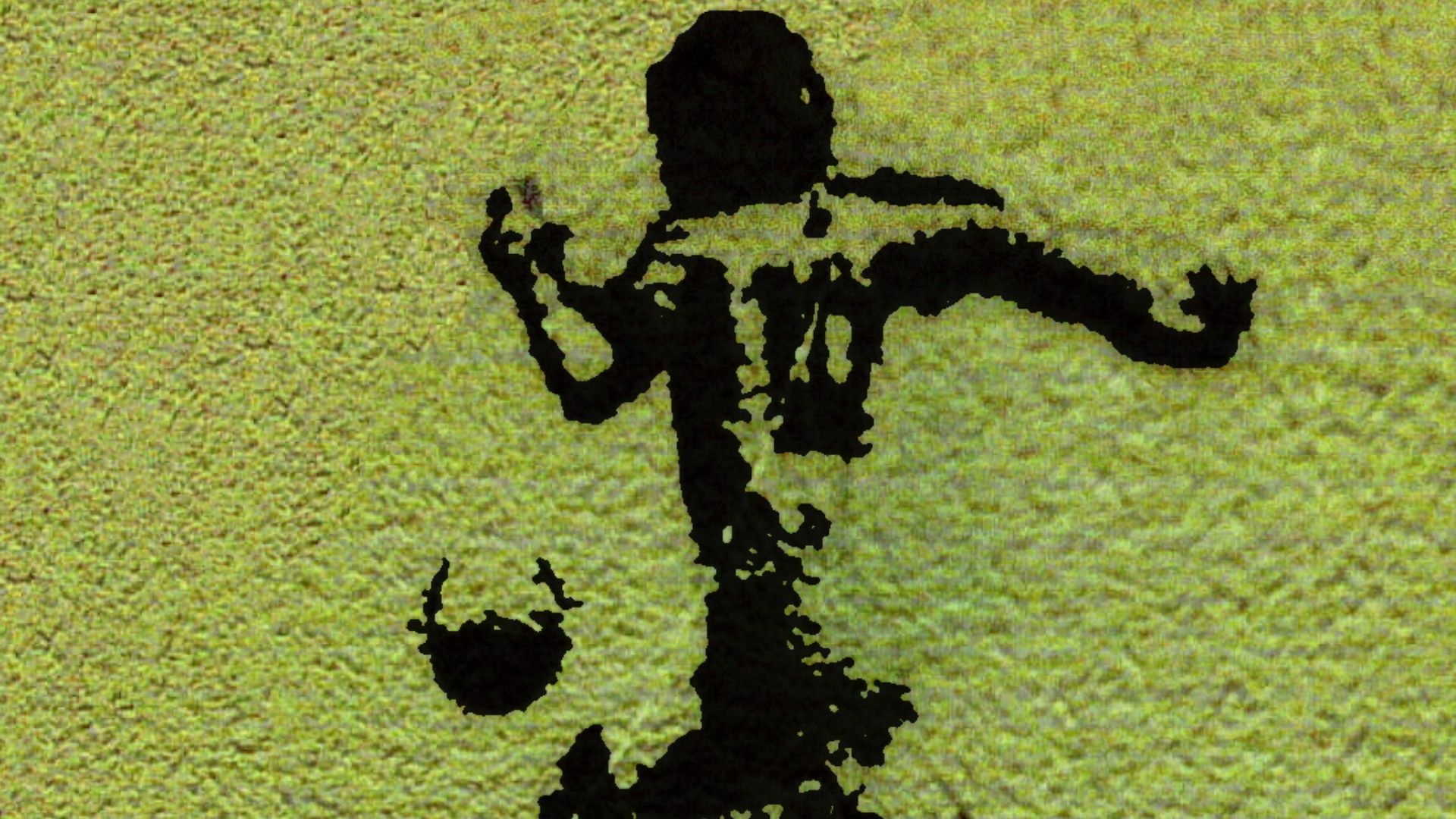 Antonio from Mijas, España, Wikimedia Commons
Antonio from Mijas, España, Wikimedia Commons
The Hand Of God Lives On In Pop Culture
Movies, songs, documentaries, memes—Maradona’s Hand of God remains a pop-culture cornerstone. Even people who know nothing about soccer know about that punch. It is replayed endlessly, debated forever, and cherished eternally in Argentina.
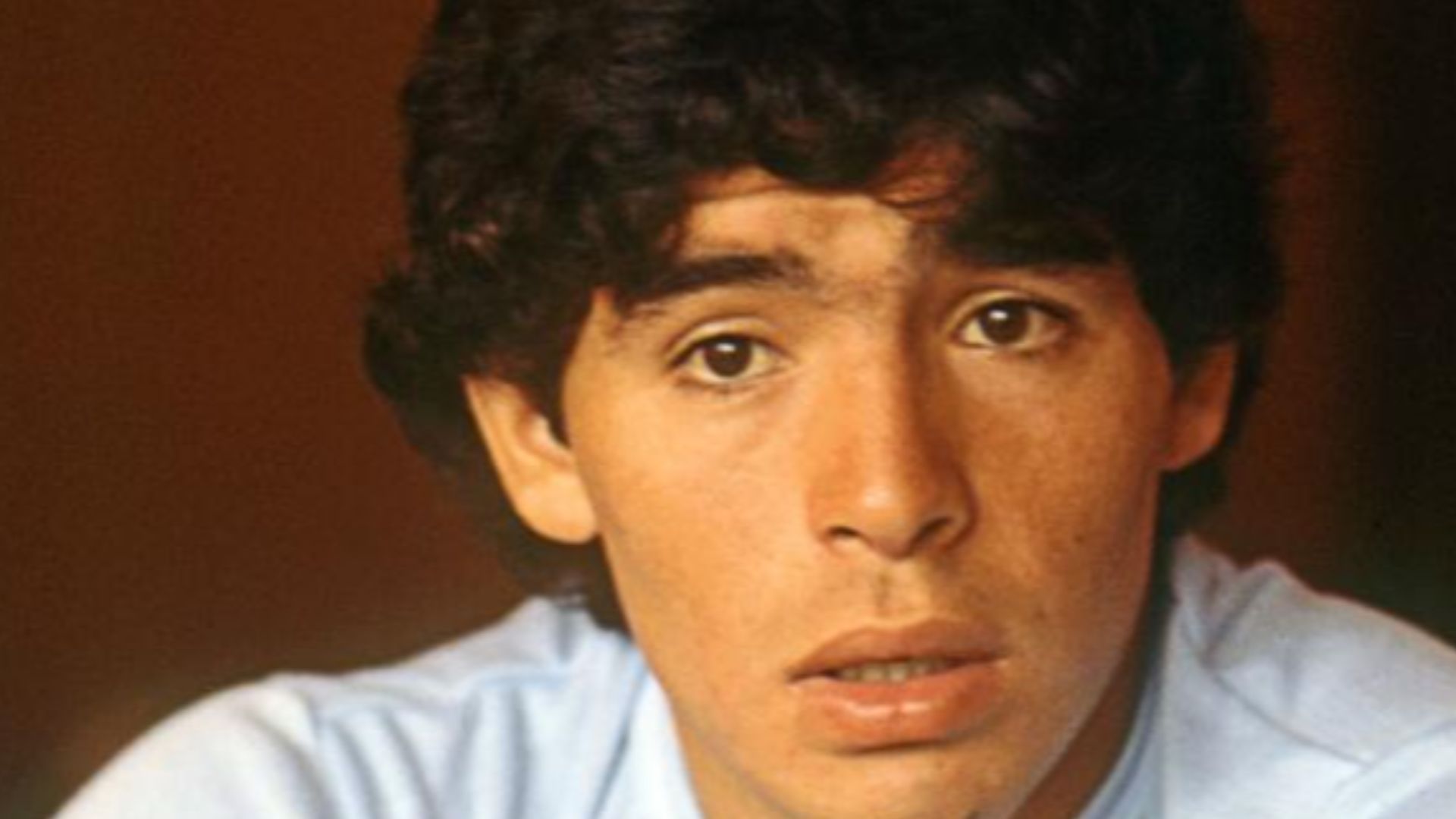 Aldo Martínez, Wikimedia Commons
Aldo Martínez, Wikimedia Commons
A Legacy Of Joy, Chaos, And Genius
Maradona leaves behind contradictions, controversies, and unforgettable beauty. His story is the story of a flawed human who reached heights no one thought possible. A rebel who gave hope to the underdog. A magician who turned grass and leather into art.
The Game Will Never See Another Like Him
In the world of sports, some players break records. Maradona broke reality. He changed how people saw the game, how kids dreamed about it, and how nations felt it in their hearts. His legend stands untouched, vibrant, alive.
His Spirit Still Echoes Across The Beautiful Game
Every time a kid dribbles through defenders with daring swagger, Maradona is there. Every time a player pulls off a move that seems physically impossible, he is there. Every roar of a crowd at a moment of brilliance carries a little bit of Diego.
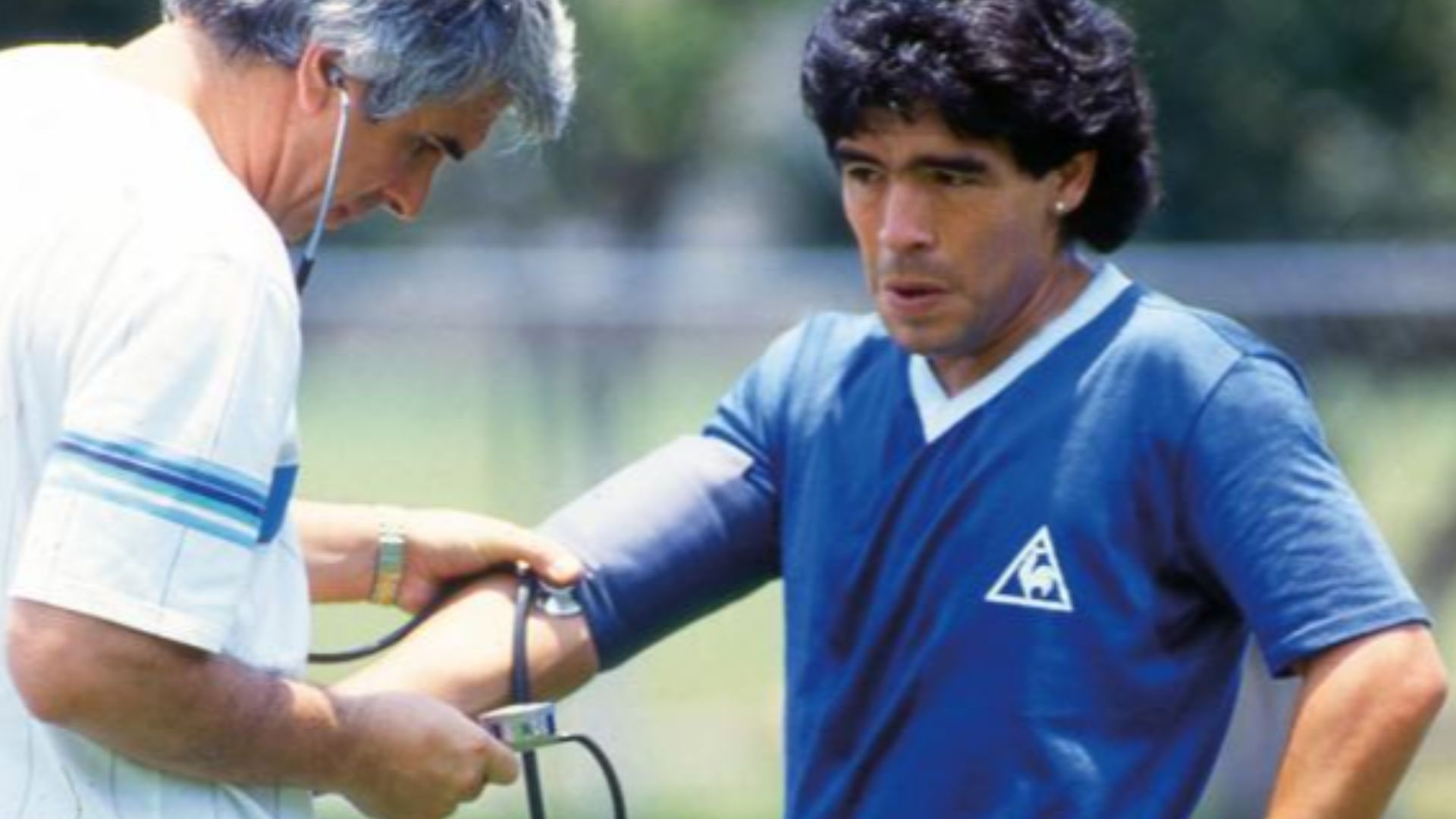 Unknown authorUnknown author, Wikimedia Commons
Unknown authorUnknown author, Wikimedia Commons
Diego Forever
Maradona’s story is a reminder that perfection isn’t necessary for greatness. Passion is. Heart is. Magic is. And Diego Armando Maradona—controversial, electrifying, adored—gave the world more magic than it ever knew what to do with. His “Hand of God” may have sparked outrage, but his feet gave us art. And his legacy? Eternal.
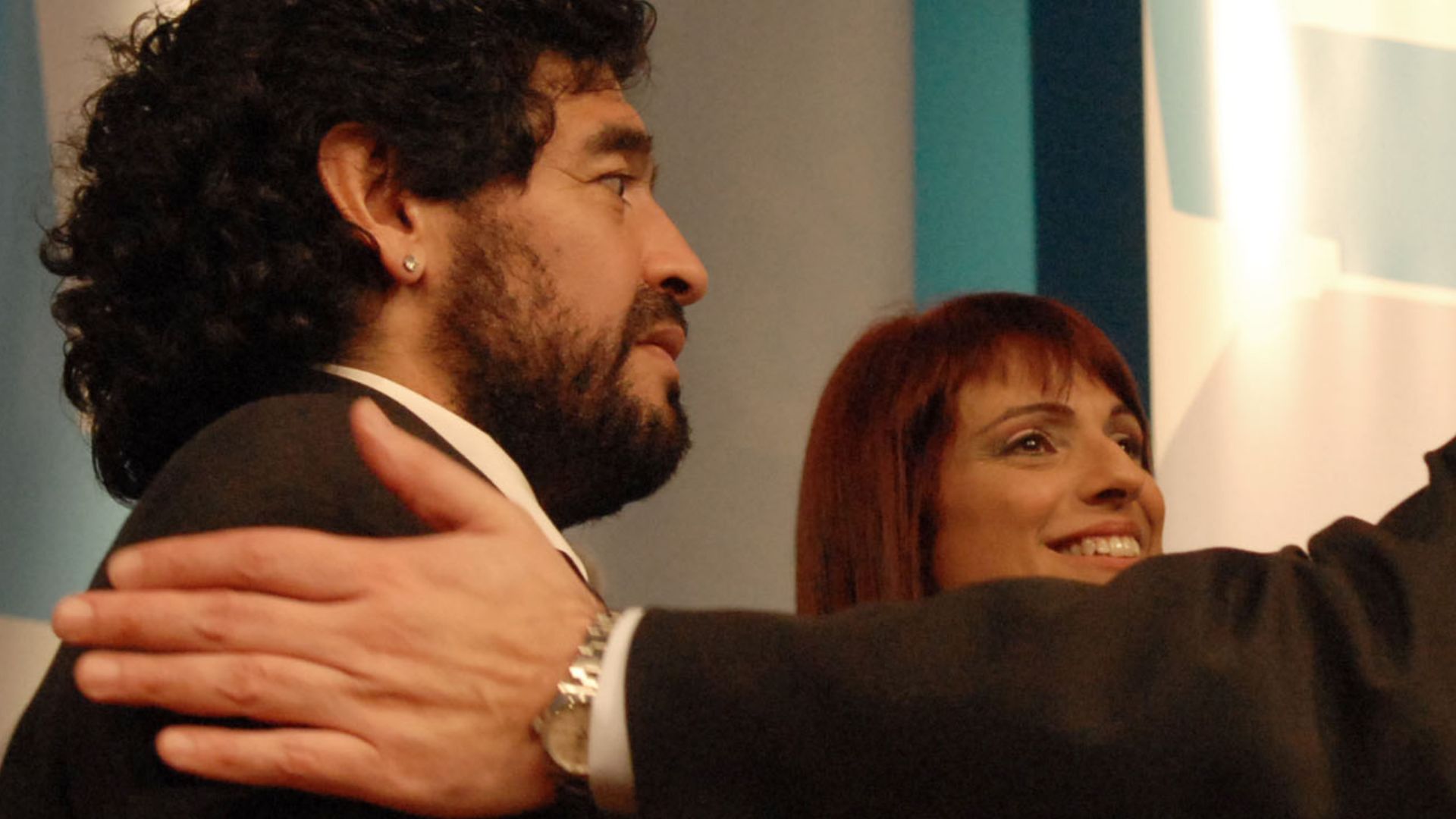 Presidencia de la Nación Argentina, Wikimedia Commons
Presidencia de la Nación Argentina, Wikimedia Commons
You May Also Like:
Movies Where One Actor Clearly Couldn't Keep Up With The Others
The Best Animated Movies On Netflix Right Now

